Medewerkers met het vakgebied Sociale Wetenschappen, Interdisciplinaire
Wetenschap ontwikkelt zich waar verschillende vakgebieden samenkomen. Alleen al daarom bestaat er binnen de RUG een grote verscheidenheid aan vakgebieden, met daarbinnen een groot aantal vakspecialisten. Met behulp van onderstaand overzicht, gebaseerd op een vaststaande indeling van wetenschapsgebieden, vindt u op elk vakgebied de juiste deskundige. Komt de deskundige die u zoekt niet voor in deze lijst? Via een vergelijkbaar vakgebied of een gerelateerde faculteit vindt u mogelijk alsnog de juiste persoon.
Overzicht van alle vakgebieden
Migration, Demography, Climate/Environmental Change, Remittances, Rural Development, Migration Governance
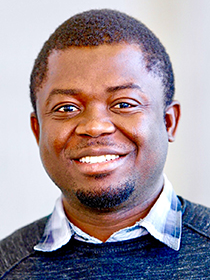
Contact
s.a.adaawen rug.nl
Functie
Assistent Professor
Qualitative ethnographic research
Syrian diasporic communities in Europe
Migration studies
Syrian diasporic communities in Europe
Migration studies
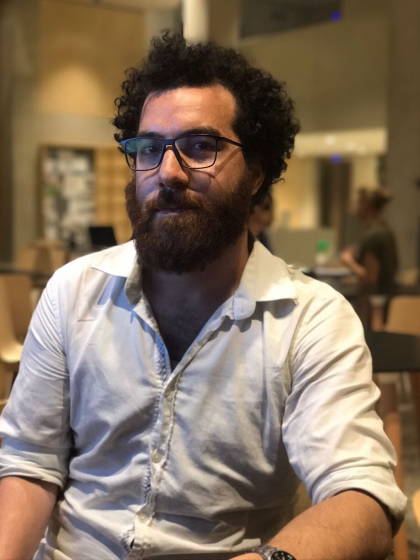
Contact
a.albakkor rug.nl
Functie
Visuele politieke communicatie, Informatievisualisaties, Sociale netwerken, Digitale cultuur, Politieke campagnes
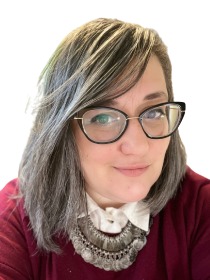
Contact
Functie
Postdoctoal researcher
Ik houd me bezig met de geschiedenis van het onderwijs. Belangrijke thema's in dit onderzoek zijn: ontwikkeling van het algemeen vormend voortgezet onderwijs (met name h.b.s., gymnasium, m.m.s., Mammoetwet); kansengelijkheid (met name de discussie rond de... lees meer
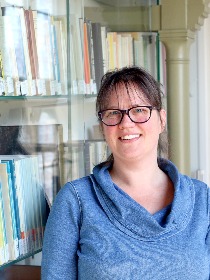
Contact
Functie
Hoogleraar Nederlandse Onderwijsgeschiedenis (Aletta Jacobsleerstoelhouder), Vice-decaan faculteit Gedrags- en Maatschappijwetenschappen
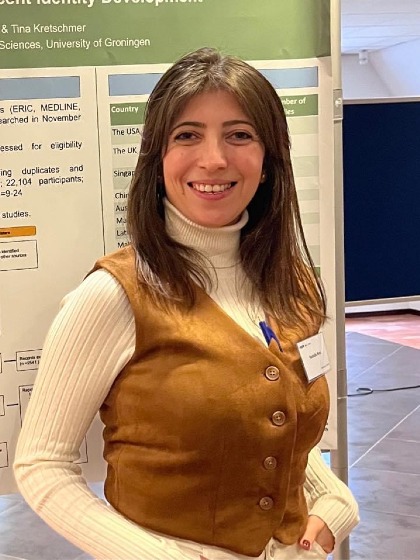
Contact
h.avci rug.nl
Functie
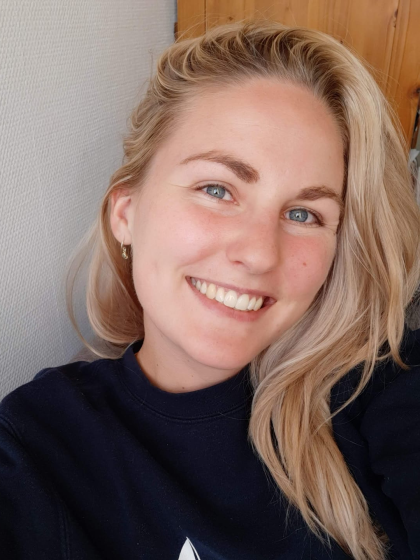
Contact
i.m.baas rug.nl
Functie
PhD student
violent extremism, conflict transformation, peacebuilding

Contact
Functie
Postdoctoral Researcher
Prof. Anne Beaulieu holds the Aletta Jacobs Chair of Knowledge Infrastructures at the University of Groningen, The Netherlands.
Her research and teaching provide insights into how data is created, synthesized and transformed into evidence. She also... lees meer
Her research and teaching provide insights into how data is created, synthesized and transformed into evidence. She also... lees meer
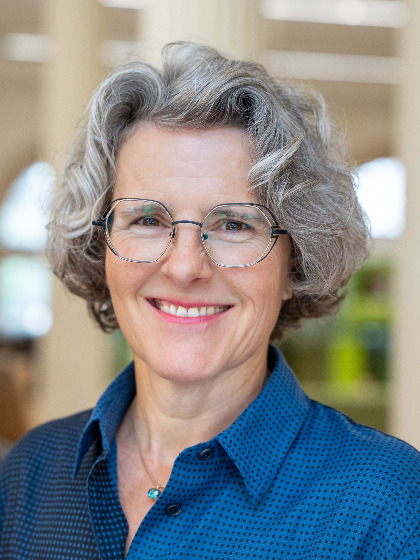
Contact
j.a.beaulieu rug.nl
Functie
Aletta Jacobs-leerstoel Kennisinfrastructuren; Directeur afdeling Kennisinfrastructuren CF
Kinderrechten, Mensenrechten, Grondrechten, Europees Recht, Bestuursrecht, Migratierecht, Omgevingsrecht, Waterrecht
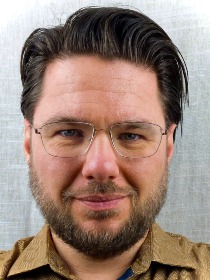
Contact
Functie
Docent en Onderzoeker
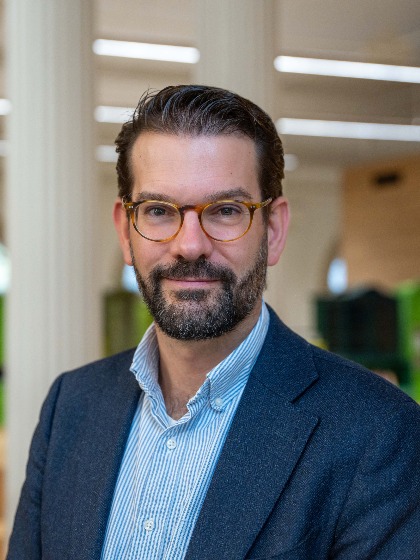
Contact
Functie
Hoogleraar Publieke Instituties en Openbaar Bestuur
Globalisering, Culturele Verschillen, Nationale Identiteit, International Business,
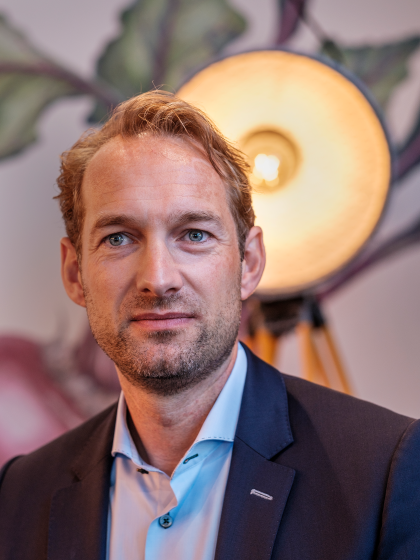
Contact
Functie
Hoogleraar
Moderne en eigentijdse geschiedenis, vrouwen en gendergeschiedenis, medische geschiedenis, wetenschapsgeschiedenis, geschiedenis van de tweede feministische golf
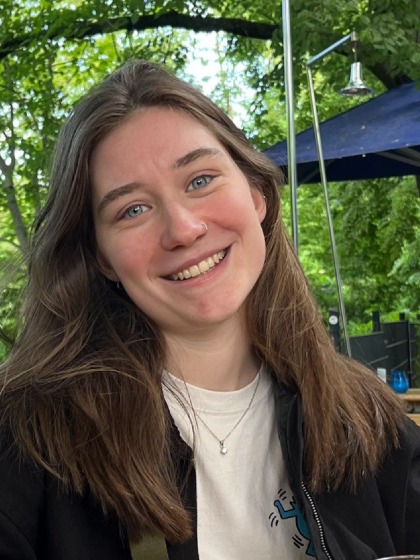
Contact
h.e.h.de.boer rug.nl
Functie
Promovendus
Russian Foreign Policy, Emotionalisation and Identity Formation, 'Global South'

Contact
g.bordin rug.nl
Functie
PhD Student
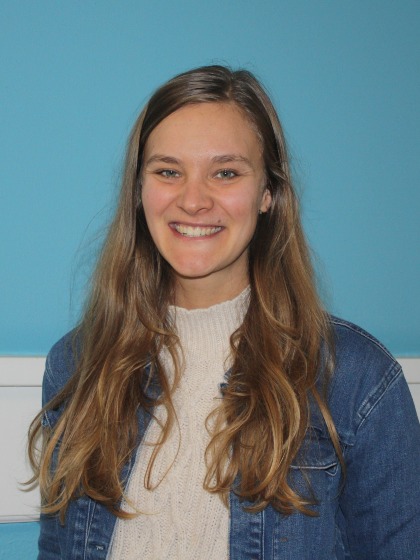
Contact
Functie
PhD student
Cooperatie en collectieve actie vraagstukken, Sociale Innovatie, Agent-based modelling, Experimentele methoden
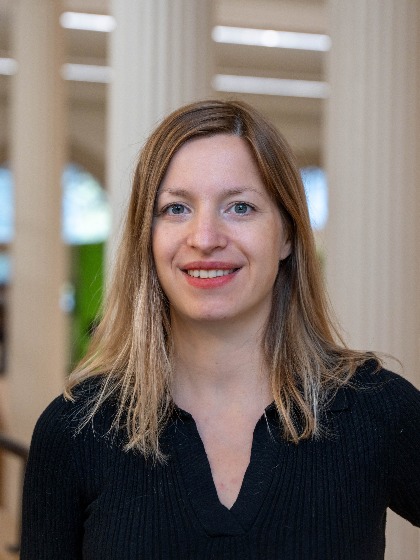
Contact
l.bouman rug.nl
Functie
Universitair Docent
Keywords: Omgevingspsychologie, waarden, groepsprocessen, mispercepties, vaak in de context van grote maatschappelijke crises (o.a. klimaatverandering) en transities (o.a., energietransitie).
Onderwijs: Coördinator Economic and Consumer Psychology... lees meer
Onderwijs: Coördinator Economic and Consumer Psychology... lees meer
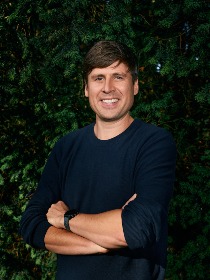
Contact
Functie
Associate Professor (met ius promovendi)
Psychedelica, middelen ondersteunde psychotherapie, kwalitatief onderzoek, fenomenologie
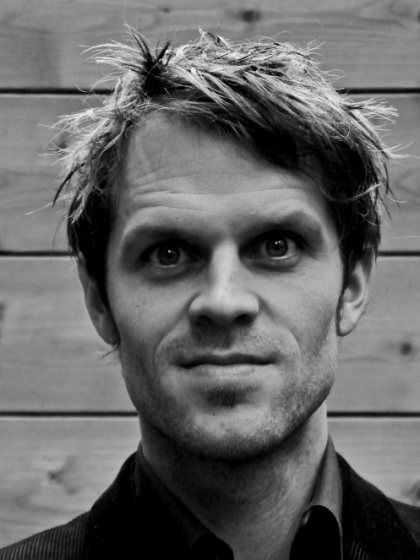
Contact
j.j.breeksema umcg.nl
Functie
Postdoctoraal onderzoeker
Bestuurskunde en beleidswetenschappen, socialezekerheidsbeleid
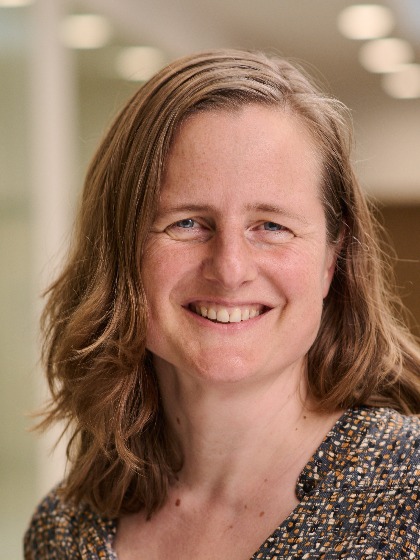
Contact
Functie
Docent Beleidswetenschap
sociale netwerken, groepsprocessen in het hoger onderwijs, kleinschalig groepsonderwijs, professionele (identiteits)ontwikkeling, professionele betrokkenheid, inclusie en diversiteit, werkplekleren, zorgonderzoek, behoud van zorgprofessionals, digitale... lees meer
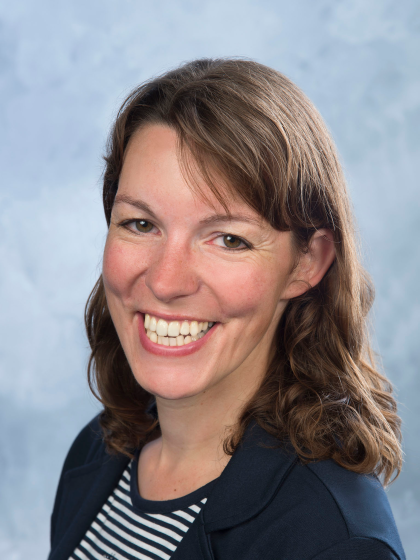
Contact
Functie
Universitair Docent
Als coördinator van het Kennisplatform (www.kennisplatformleefbaar.nl) geef ik leiding aan een multidisciplinair team, voer en begeleid ik onderzoek en organiseer ik publieke debatten om de wisselwerking tussen onderzoek, beleid en praktijk te stimuleren.... lees meer
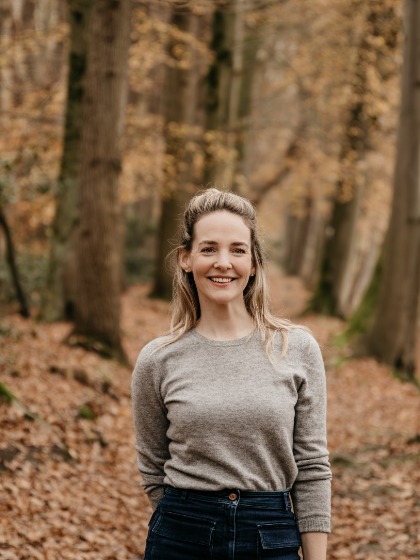
Contact
n.a.busscher rug.nl
Functie
Coördinator Kennisplatform Leefbaar en Kansrijk Groningen
Natural History, Urban Wildlife Conservation, Animal Geographies, Nature-Human Relations, Biology Field Techniques and Bats, Bees, Birds and any Beast!

Contact
m.a.caiza.villegas rug.nl
Functie
My research is generally concerned with the roles of emergent technologies, non-state actors and expert knowledge in contemporary global governance. In particular, I study the on-going and varying implications of big data and blockchain technologies at... read more
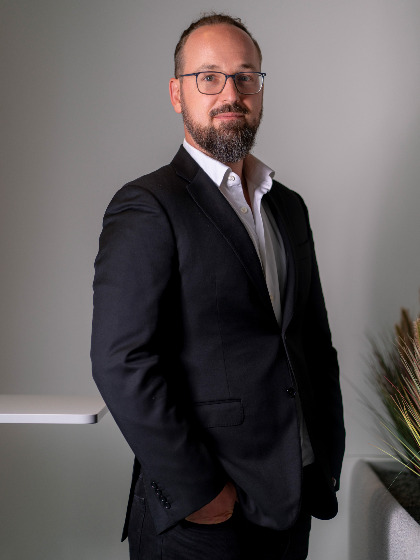
Contact
Functie
Senior Lecturer (UD1) in International Political Economy
Information Policy
Technology Law
Data Protection Law
Cybercrime
Privacy
Security Sciences
Internet Governance
Privacy, communication technologies and indigenous peoples
Technology Law
Data Protection Law
Cybercrime
Privacy
Security Sciences
Internet Governance
Privacy, communication technologies and indigenous peoples
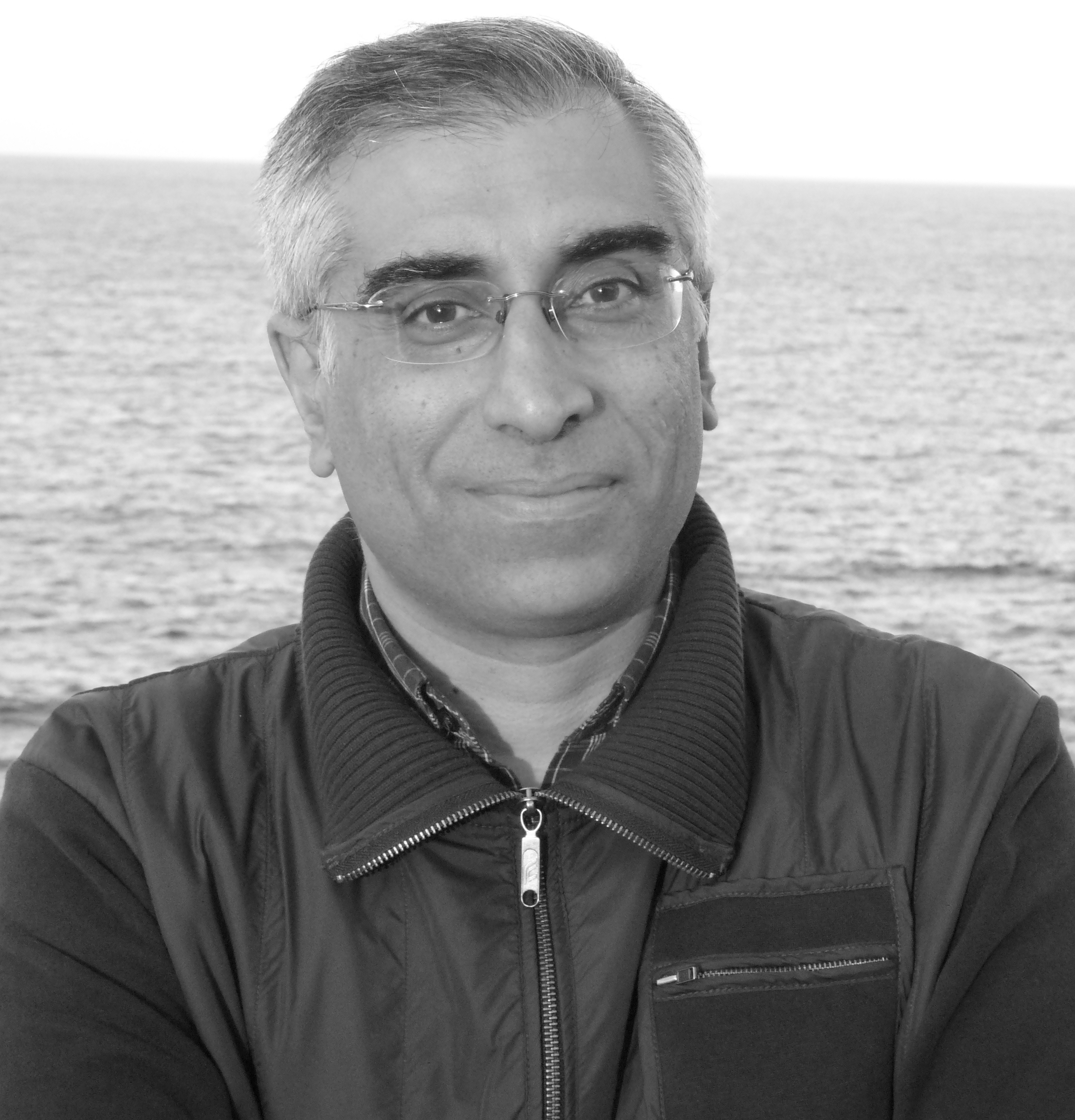
Contact
Functie
Chair in European Information Policy & Technology Law
Strategie
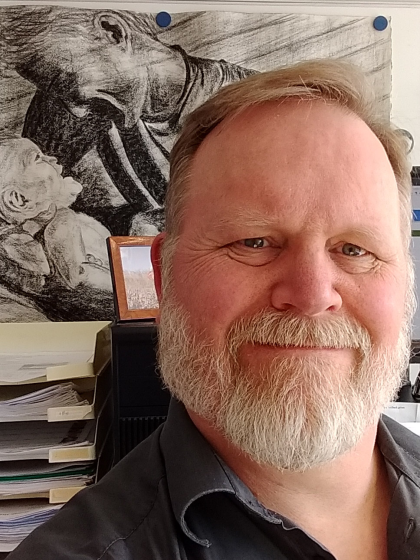
Contact
Functie
Universitair docent
Wetenschaps- en Technologiestudies (STS), Kennis-Infrastructuren, Meer-dan-menselijke etnografie, Posthumanisme, Biopolitiek, Sociologie
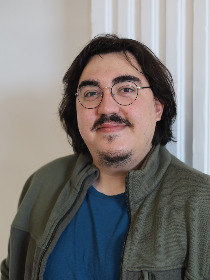
Contact
e.cengiz rug.nl
Functie
PhD-onderzoeker bij de afdeling Kennisinfrastructuren
Science Communication, Epistemic Justice, Public Engagement with Science, Cognitive Neuroscience, Theory and History of Psychology
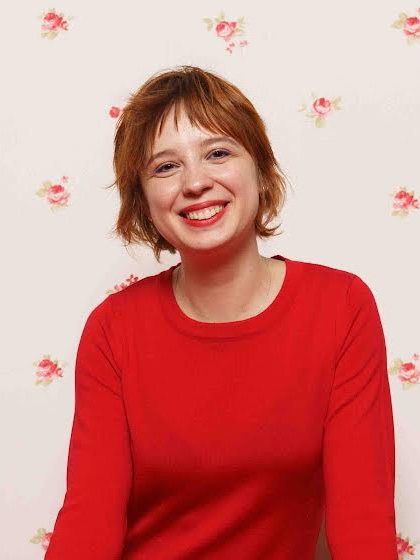
Contact
Functie
PhD student
Behavioral Economics, Experimental Economics, Randomized Control Trials, Health Behaviors

Contact
Functie
PhD student
Digital journalism, global journalism, digital media/press criticism, reparative journalism, media accountability/policy, comparative studies, digital media culture, data and activism, media representation and media participation
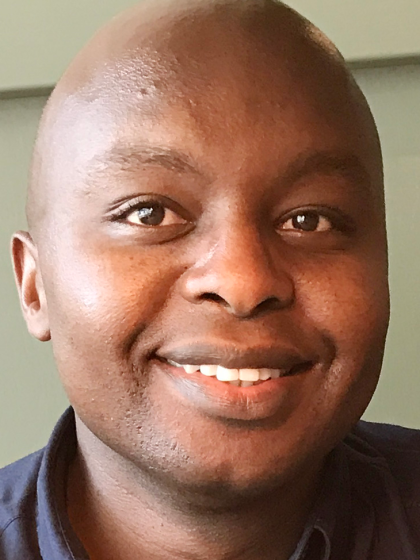
Contact
Functie
Assistant Professor
Discourse, Gender and Sexuality; Sociolinguistics; Queer Linguistics; Multilingualism and Minority Languages

Contact
j.chojnicka rug.nl
Functie
Assistant Professor
Collective artificial intelligence, Logical models of social network phenomena, Formal social epistemology.
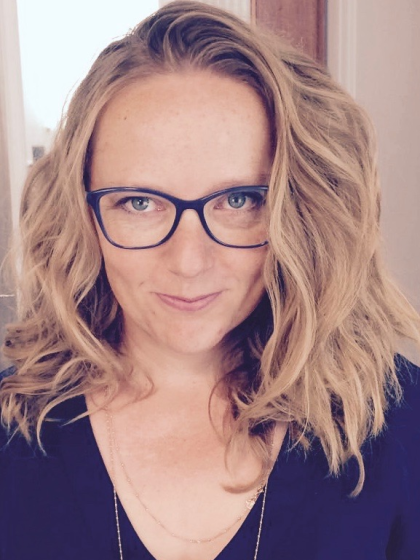
Contact
Functie
Assistant Professor in Cognitive Artificial Intelligence
I am an advocate for transformative education. As a transdisciplinary scholar in applied linguistics, discourse and organizational studies, I explore how language creates and shapes social structures.
My teaching and research intersect around fostering... read more
My teaching and research intersect around fostering... read more
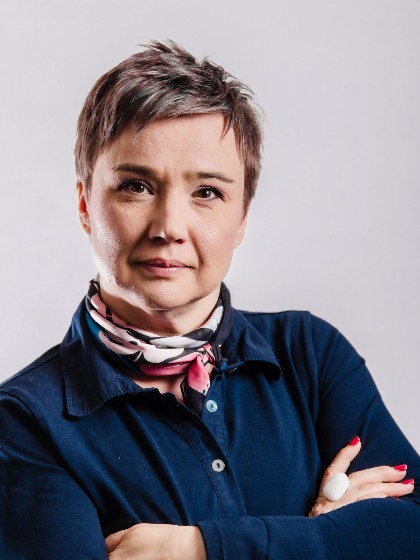
Contact
Functie
Jeroen J.H. Dekker is Honorary Professor (from 1991 to 2019 Full Professor) of History and Theory of Education at the University of Groningen. Before, he was Senior Lecturer in History and Head of the History Department at the University of Maastricht, and... lees meer

Contact
Functie
Hoogleraar Grondslagen van de Pedagogiek
Rupankar’s doctoral research is a qualitative study on sexual and reproductive justice for people with diverse disabilities in Uganda’s Kalangala Islands on Lake Victoria. His work critically explores how the island’s spatial context shapes various... read more
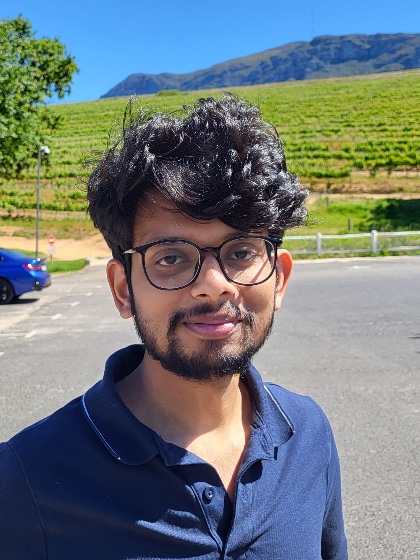
Contact
r.dey rug.nl
Functie
PhD Promovendus
culturele gevolgen van klimaatverandering; Indigenous ervaringen met klimaatverandering; Indigenous ways of knowing
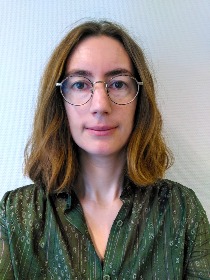
Contact
i.c.van.dijk rug.nl
Functie
PhD onderzoeker
Digital humanities, social networks, history of philosophy, interdisciplinary research, literary theory
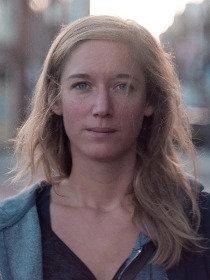
Contact
s.j.donker rug.nl
Functie
Lecturer / PhD Candidate in Digital Humanities
Rampen, Crisisbeheersing, Kwetsbaarheidsanalyse; Publieke veiligheid, Publieke gezondheid
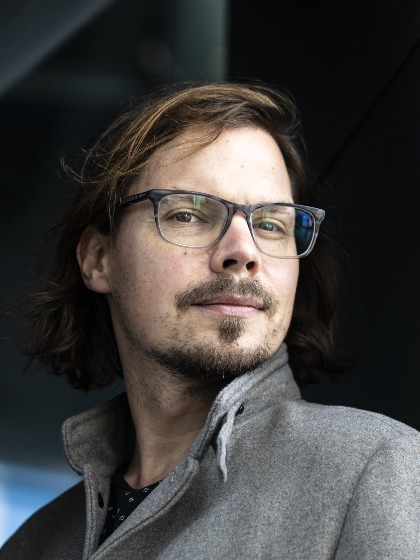
Contact
Functie
Bijzonder hoogleraar Crises, Veiligheid en Gezondheid / onderzoeksleider Gronings Perspectief
Social-economic History, Europe since 1750, European Regional Development. The Netherlands and its regions,Historical Network Analysis, Public History.
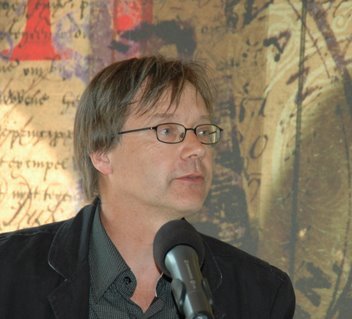
Contact
m.g.j.duijvendak rug.nl
Functie
Professor emeritus of Economic, Social & Regional History
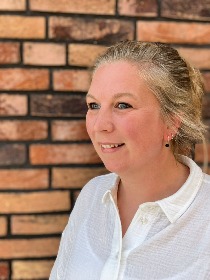
Contact
v.i.eichelsheim rug.nl
Functie
Environmental psychology, Sustainable technology adoption, Sustainability transitions, Agent-based modelling
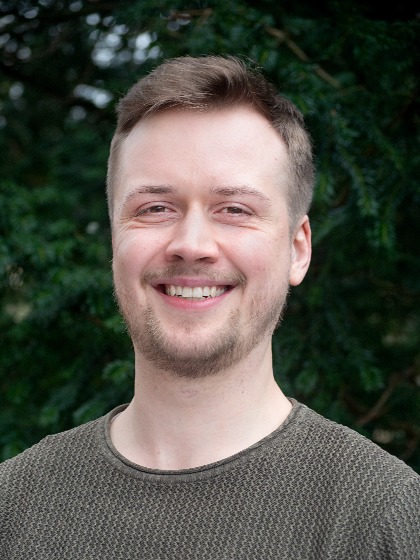
Contact
p.s.eppe rug.nl
Functie
PhD student
Marc Esteve del Valle is a Senior Lecturer at the Centre for Media and Journalism Studies. His research and teaching interests lie at the intersection of digital media and social change, with a particular focus on mediated climate change communication.
M... read more
M... read more
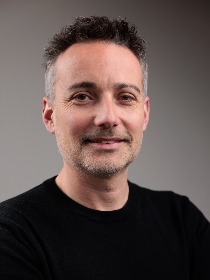
Contact
Functie
Climate Change impacts/ extreme events
Climate change mitigation
Energy Transition
Antarctica
Climate change mitigation
Energy Transition
Antarctica
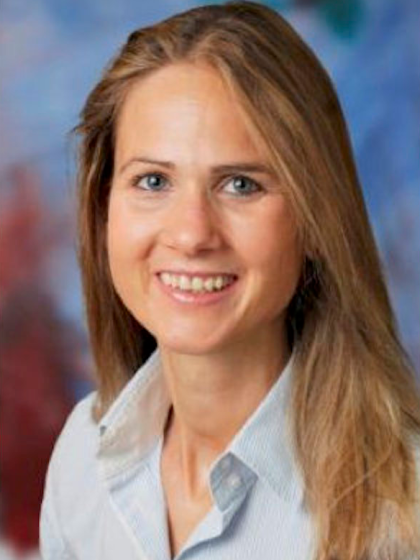
Contact
s.c.feron rug.nl
Functie
Assistant Professor of Climate Change and Energy Transition/Interim Program Director Global Responsibility & Leadership BSc
Sociale integratie, samenwerking, sociale netwerken, agent-based modelleren, sociale complexiteit
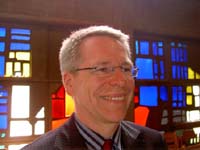
Contact
Functie
Hoogleraar
(Global) Media, Culture and Politics; Internet Governance, Gender, and Technology; Postcolonial and Decolonial theory and research; member of the Digital Constitutionalism Network ; Internet Rights and Principles Coalition ; Global Internet Governance... lees meer
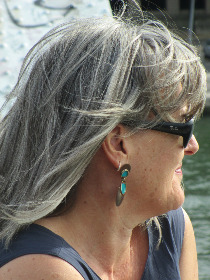
Contact
m.i.franklin rug.nl
Functie
Sociolinguistics, Discourse Analysis, Multilingualism
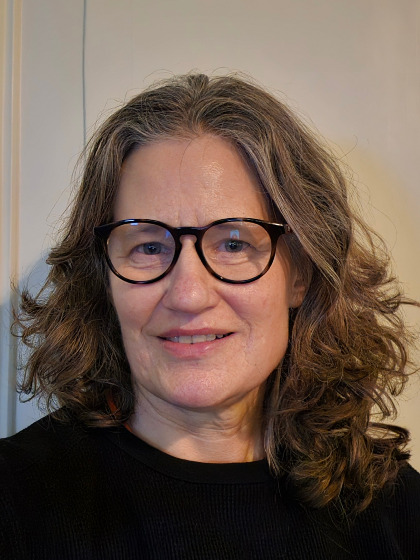
Contact
j.m.fuller rug.nl
Functie
Hoogleraar Talen en Maatschappij
gender, decolonial studies, Indigenous studies, feminist movement, feminist democracy, development studies.
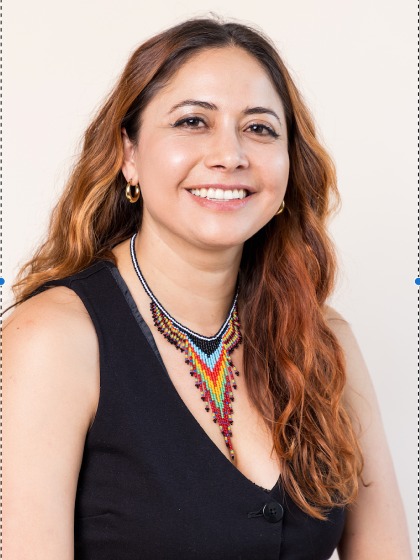
Contact
g.a.gallardo.lastra rug.nl
Functie
Phd student and lecturer
Mijn onderzoek richt zich op het begrijpen en bevorderen van duurzaam en gezond gedrag. Specifiek onderzoek ik onderwerpen zoals de Circulaire Economie, Microplastics, Circulair Plastic en Recycling. In samenwerking met experts uit verschillende... lees meer
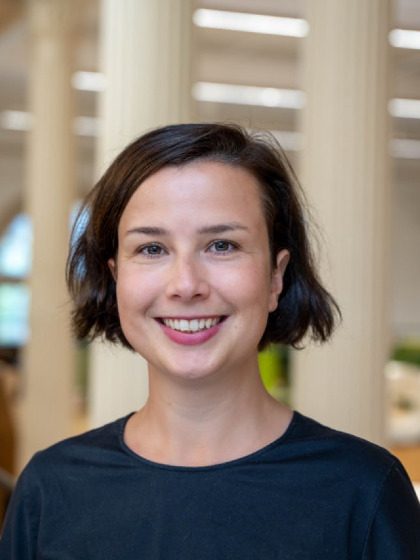
Contact
j.l.geiger rug.nl
Functie
Assistant Professor Social and Environmental Psychology
Survey Methodologie: mixed-mode en mixed-device surveys, targeting of hard-to-survey populations, interviewer-respondent interaction.
Kwalitatieve onderzoeksmethoden: interviews, focusgroepen, thematische analyse
Vice-voorzitter examencommissie sociologie
Kwalitatieve onderzoeksmethoden: interviews, focusgroepen, thematische analyse
Vice-voorzitter examencommissie sociologie
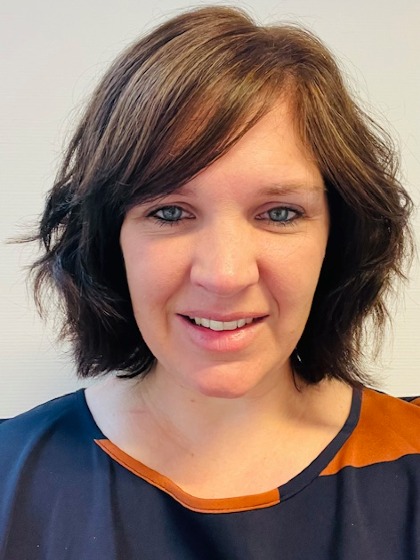
Contact
marieke.haan rug.nl
Functie
Universitair Docent
Citizen Science, Social Innovation, Public Participation, Water and Environmental Governance, Smart Cities, Impact Evaluation
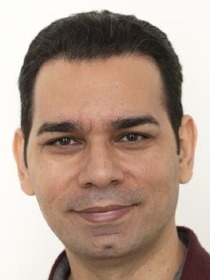
Contact
Functie
Assistant Professor of citizen science
Francesca is an interdisciplinary social scientist whose research focuses on the micro-foundations of social phenomena. Her work combines theoretical analysis, agent-based modeling, and laboratory experiments to examine how individual cognitive and... read more
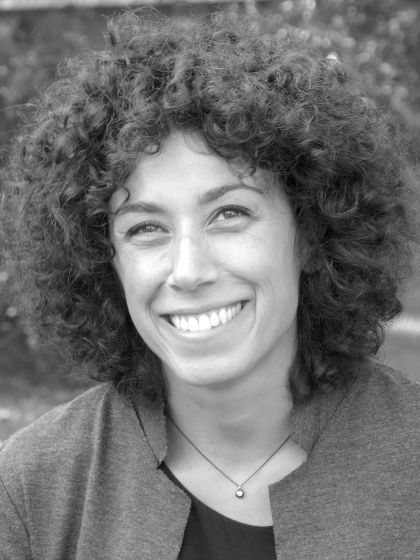
Contact
Functie
Universitair Hoofddocent Sociologie
Social enterprises; Social entrepreneurship; New generation social enterprises (NGSE); Intrapreneurship; Social impact assessment; Benefit-sharing; Shared value; Social return on investment; Social licence to operate; Free, Prior & Informed Consent (FPIC)
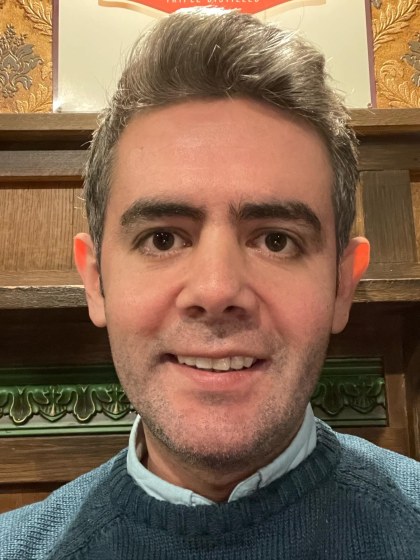
Contact
Functie
PhD student
Natural resources, Tourism, Geography, International conflicts, Geopolitics
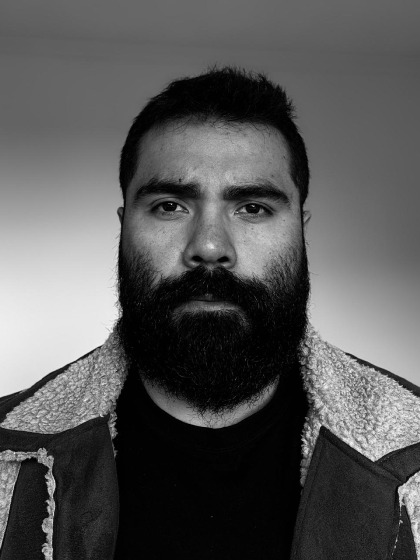
Contact
Functie
PhD student
My expertise and interests are broadly LGBTQIA+/Queer studies, Diversity and Inclusion, and Social and Cultural Psychology. My PhD research focused on the resilience experiences of LGBTQIA+ (Lesbian, Gay, Bisexual, Transgender, Queer, Intersex,... read more
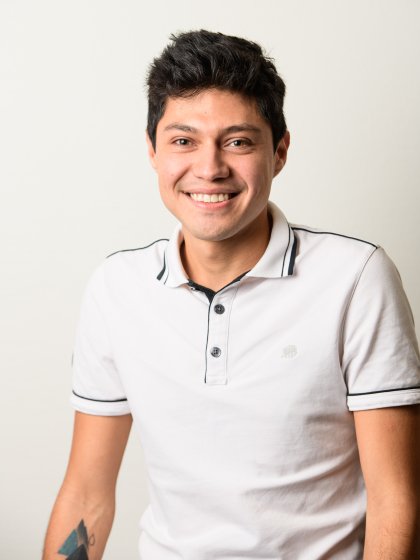
Contact
v.r.gonzalez.alvarez rug.nl
Functie
PhD candidate
kennisontwikkeling in interactie, uitleginteracties, basisonderwijs, conversatie-analyse
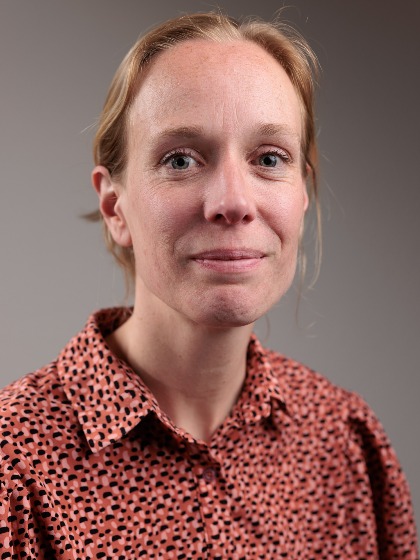
Contact
Functie
Universitair Docent
Decision-making, well-being at work, morality, culture
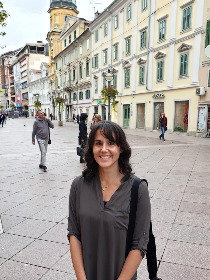
Contact
Functie
Versterken van de pedagogische basis
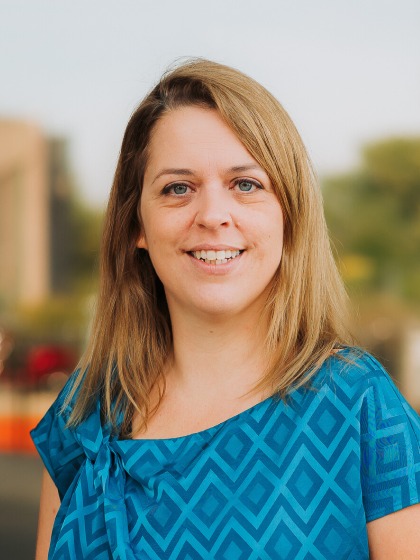
Contact
Functie
Child nutrition, Global Health, Capability Approach, Inequalities
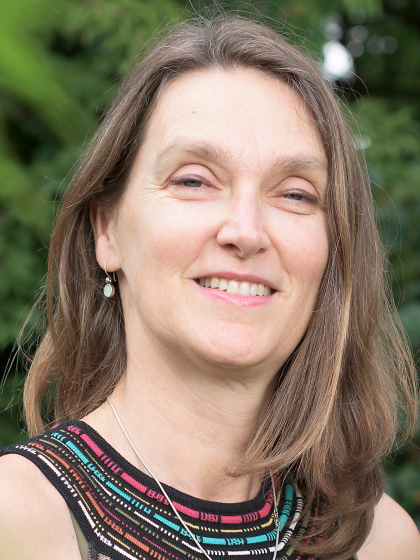
Contact
Functie
Prof Kindervoeding en Volksgezondheid, Rosalind Franklin Fellow, Afdelingshoofd demografie
Social, International, and Globalisation Theory; Global Politics of Science and Technology; Global History and Politics of Agriculture and Food-Systems; Existential Risk and Societal Collapse; Deep History and Anthropology of Knowledge; Historical... read more
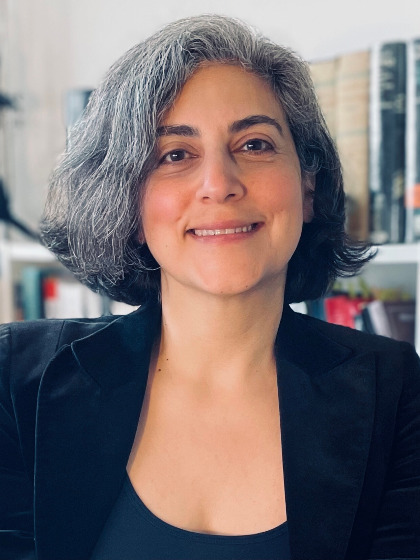
Contact
Functie
Hoogleraar Mondiale Politieke Antropologie
Philippe Hanna is an Assistant Professor of Spatial Planning and Impact Assessment at the University of Groningen, bringing over two decades of anthropological experience to the field of Impact Assessment. His career is based on extensive collaboration... lees meer
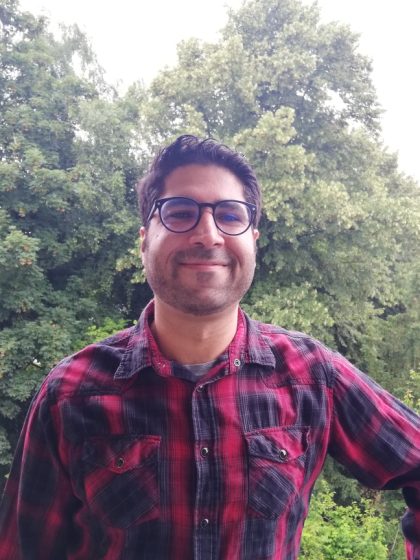
Contact
Functie
Assistant Professor in Spatial Planning and Impact Assessment
Ik onderzoek hoe jongeren (12-25 jaar) veerkrachtiger worden in het dagelijks leven. Niet alleen hoe ze omgaan met stress en tegenslag, maar ook hoe ze positieve momenten beleven: hoe ze zich verheugen (voorpret), ervan genieten en dat goede gevoel kunnen... lees meer
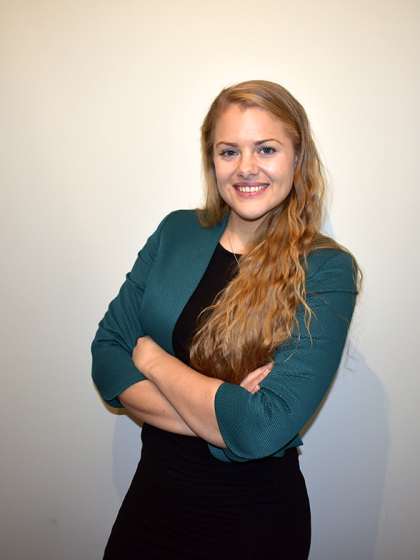
Contact
Functie
Universitair docent, veerkracht bij jeugd
Katrien Helmerhorst works as an assistant professor at the unit of Child and Family Welfare. Her research has a focus on three main topics: 1) parenting behavior of (professional) caregivers, 2) early childcare centers, and 3) effectiveness of parenting... read more
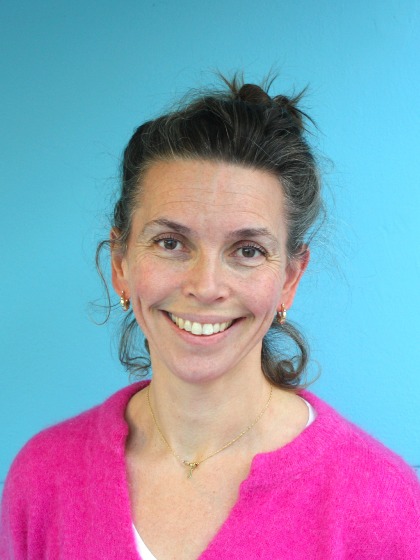
Contact
Functie
Universitair Docent
Sociale ongelijkheden in het onderwijs, migratie en onderwijs, immigranten van de tweede generatie, levensloopbenadering, trajecten en aspiraties van de toekomst.

Contact
l.hernandez.polo rug.nl
Functie
Internationale beurspromovendus
Citizen Science, Sociolinguistics, Experimental Linguistics, Phonetics,
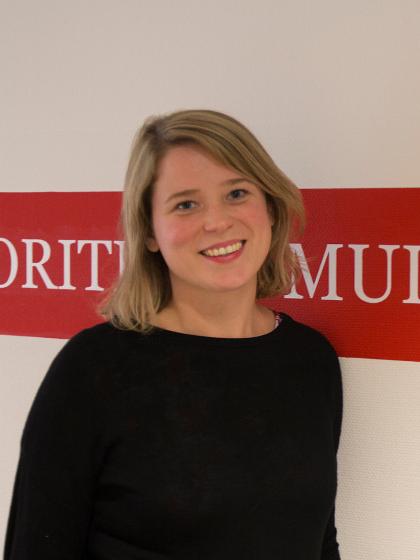
Contact
Functie
Universitair Hoofddocent
Cosima Annabelle Hofacker is promovenda aan het Centrum voor Media- en Journalistiekonderzoek van de Rijksuniversiteit Groningen. Onder begeleiding van
dr. Marília Gehrke ,
dr. Eedan Amit-Danhi en
dr. Scott Eldridge II voert zij een vierjarig... lees meer
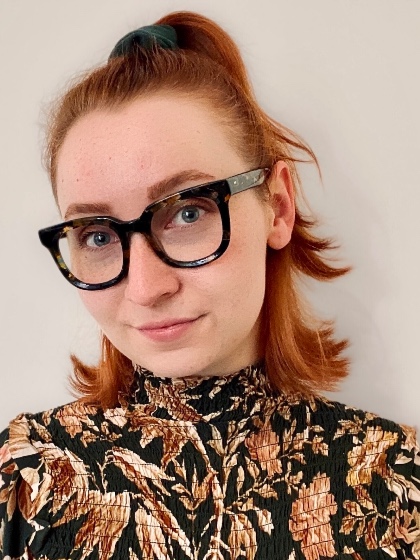
Contact
c.a.hofacker rug.nl
Functie
Promovenda bij het Centrum voor mediastudies en journalistiek
Kwalitatieve methoden, participerend onderzoek en visuele methoden, inclusie en exclusie, disability, jongeren, ouderen, welzijn, leefbaarheid, stedelijke context, science-meets-arts, sociaal kapitaal
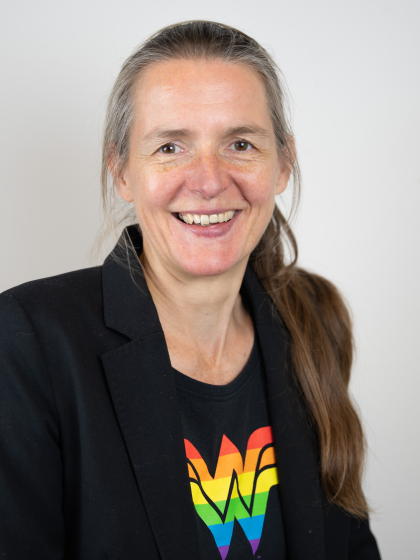
Contact
Functie
Aletta Jacobs Leerstoel 'Place, Social Change and Collaborative Research for Wellbeing and Justice'
Klaus Hubacek is a Professor in Science, Technology and Society at the University of Groningen, the Netherlands. He is chair of Integrated Research on Energy, Environment and Society (IREES) and director of the Sustainability Research Institute Groningen... read more
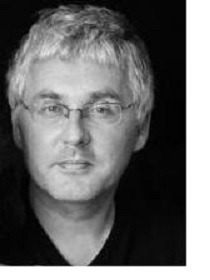
Contact
Functie
Professor
Sociolinguistics, Minoritised languages, Indigenous Languages, Language Revitalisation, Language attitudes and ideologies, Collaborative Research, Multilingualism.
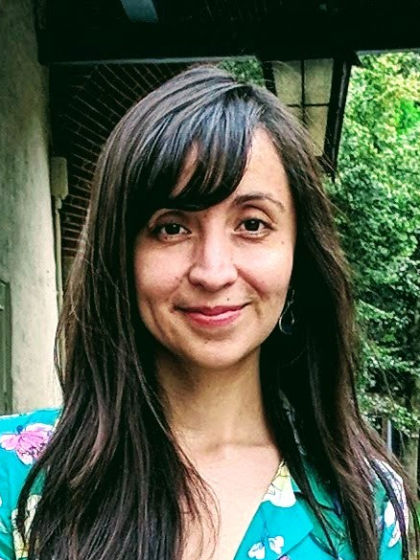
Contact
Functie
PhD candidate
Angelo Jonas Imperiale focusses on the resilience and wellbeing of local communities living in vulnerable regions. He explores the knowledge and governance strategies, planning frameworks (i.e. Social Impact Assessment) and community engagement approaches... read more
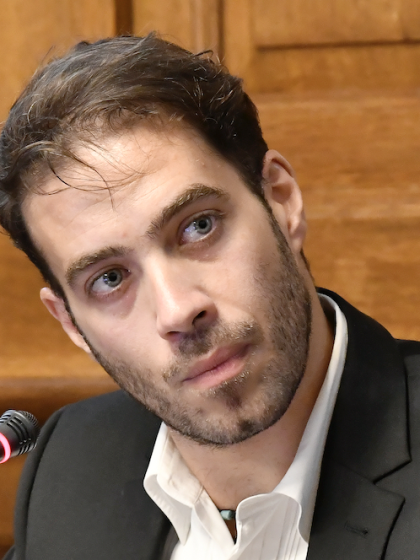
Contact
Functie
Lecturer and Researcher
Marketing, agent based simulation
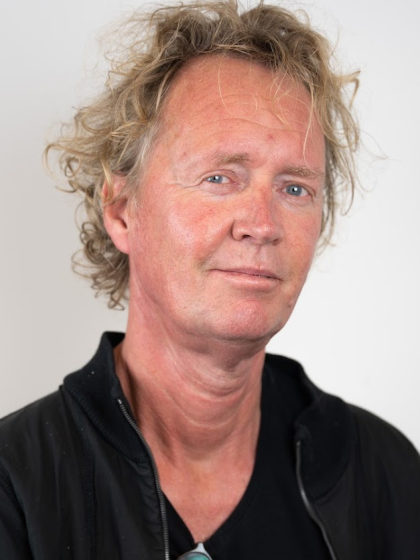
Contact
Functie
Universitair Hoofddocent
Minderheidstalen, taalbedreiging en revitalisering; Taal attitudes en ideologieën; Externe geschiedenis van Romaanse talen; Franse taalkunde, Franse regionale talen, Occitaans en Catalaans
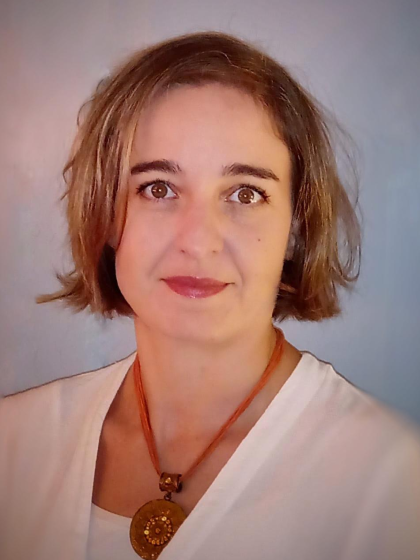
Contact
Functie
Universitair Docent Taal en Maatschappij

Contact
u.a.khot rug.nl
Functie
Doctoral student
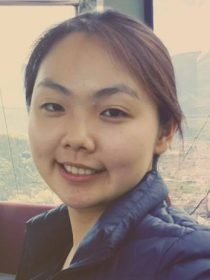
Contact
y.kim umcg.nl
Functie
Political Geography, Economic Geography, Regional Science, Social and Spatial Inequalities, Happiness and Well-being, Migration
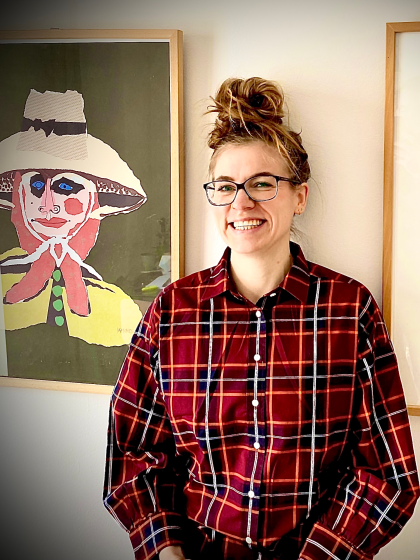
Contact
m.l.c.koeppen rug.nl
Functie
PhD Candidate/ Lecturer
I am a social anthropologist working on youth, gender, migration, religion, and development, often through the prism of sports in Africa.
My Marie Skłodowska-Curie postdoctoral project (2023-2025), based at the Centre for Religion, Conflict and... read more
My Marie Skłodowska-Curie postdoctoral project (2023-2025), based at the Centre for Religion, Conflict and... read more
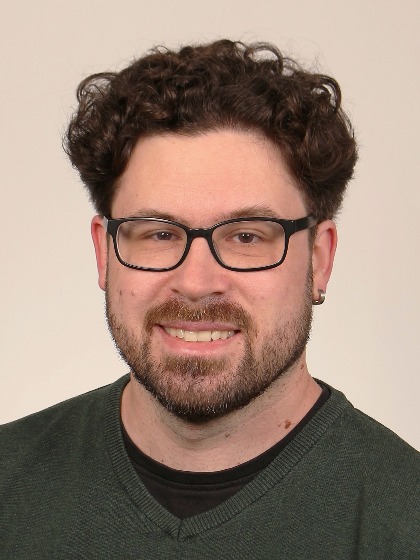
Contact
u.kovac rug.nl
Functie
Marie Skłodowska-Curie Postdoctoral Fellow
Gezondheidsuitkomstmeting
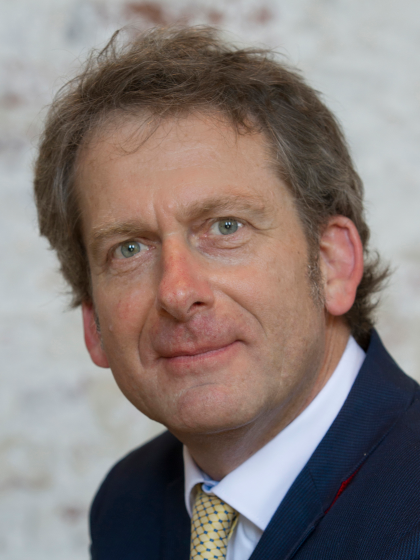
Contact
Functie
Ethnography
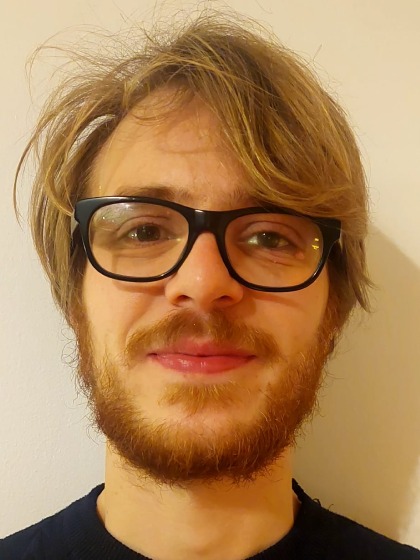
Contact
Functie
Promovendus
leadership in planning processes
planning theory
post-growth planning
regional and state planning
research-practice interfaces
roles of planners
urban & regional transformations
planning theory
post-growth planning
regional and state planning
research-practice interfaces
roles of planners
urban & regional transformations
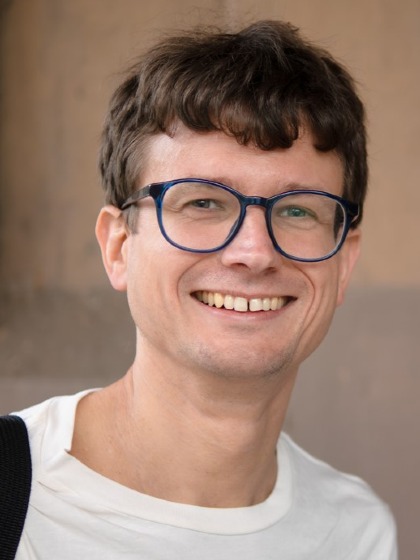
Contact
Functie
Assistant Professor Sustainable Transformation and Regional Planning
Infrastructuur Planning:
Management in infrastructuur ontwikkeling
Adaptief plannen en adaptief programmeren
Publiek-publieke en publiek-private samenwerking
Project- en programma management
Markt systemen en dynamisch contracteren
Governance en institutional... lees meer
Management in infrastructuur ontwikkeling
Adaptief plannen en adaptief programmeren
Publiek-publieke en publiek-private samenwerking
Project- en programma management
Markt systemen en dynamisch contracteren
Governance en institutional... lees meer
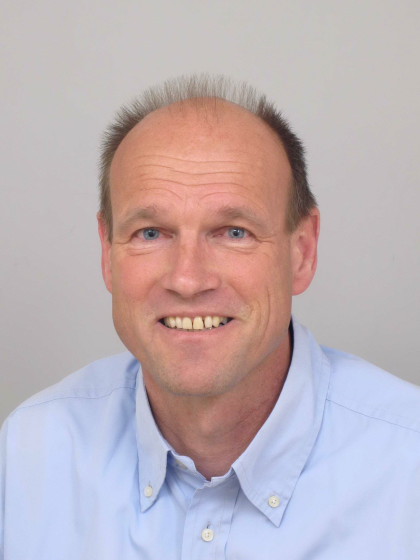
Contact
Functie
Bijzonder Hoogleraar Management in Infrastructuurontwikkeling

Interdisciplinary approach (complexity, developmental and clinical science); time serial methods to understand (individual) processes of (clinical) change and psychopathology.
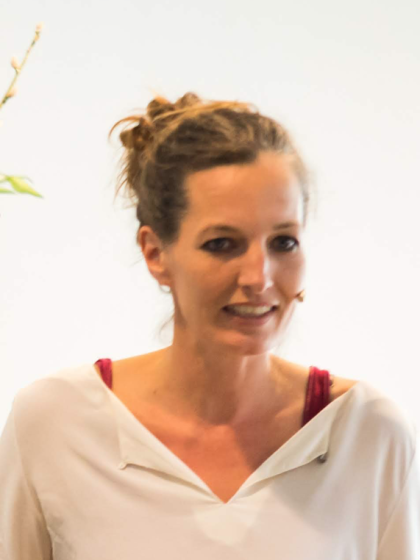
Contact
Functie
Voorzitter
Socio-spatial planning
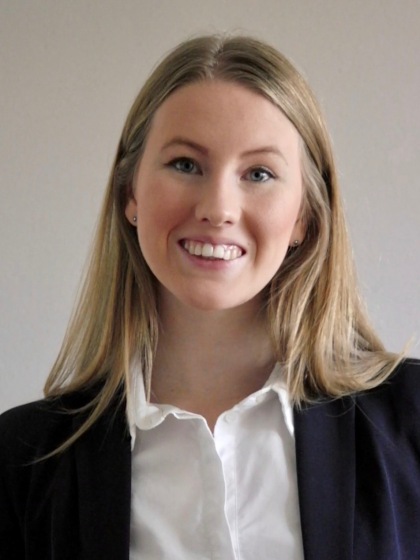
Contact
n.a.lindhout rug.nl
Functie
PhD student
Qualitative research methods
Health Geography
Older adult mobility experiences
Health Geography
Older adult mobility experiences
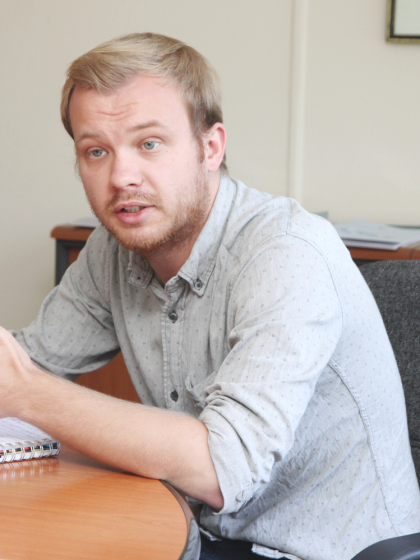
Contact
t.a.lowe rug.nl
Functie
I am Assistant Professor in English Linguistics at the University of Groningen's Center for Language and Cognition. My research centers on how people produce socially meaningful patterns of language variation, with a particular focus on how such variation... read more

Contact
Functie
Universitair Docent
agent-based modeling, evolutionary game-theory

Contact
r.manfredi rug.nl
Functie
Jesse David Marinus is een externe PhD-kandidaat aan Campus Fryslân waar hij participatief onderzoek doet naar het ouderenzorgsysteem. Op dit moment is Jesse David werkzaam als onderzoeker gezondheid & zorg bij Planbureau Fryslân, waar hij bijdraagt aan... lees meer

Contact
j.d.marinus rug.nl
Functie
PhD student
Sustainable business models, energy citizenship, rural and regional development, community empowerment, community, community resilience, qualitative research methods, LEGO® Serious Play® method (officially trained facilitator).
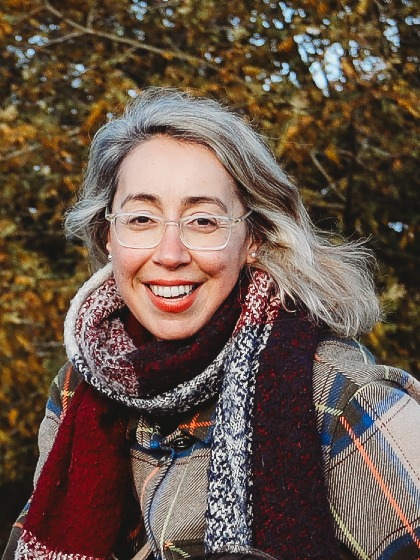
Contact
Functie
Lecturer of Sustainable Business and Entrepreneurship
Who is responsible for global structural injustice? This is the question I answer in my first monograph
With Power Comes Responsibility: The Politics of Structural Injustice
(Bloomsbury Academic 2024). I have also co-edited the collection
What is... read more
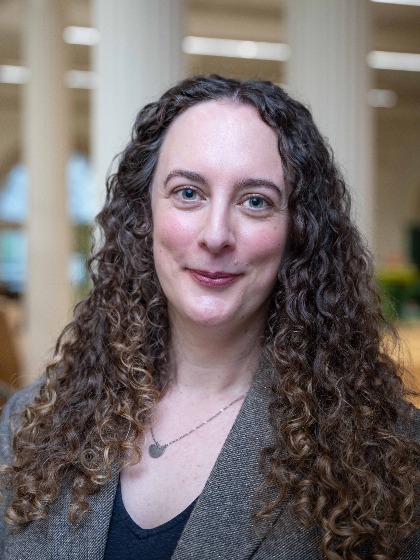
Contact
Functie
Assistant Professor in Political Theory
media industries, cultural studies, creator labor, gender studies, feminist studies
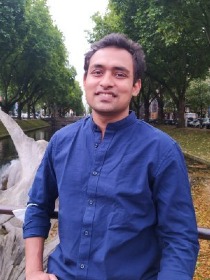
Promovendus met een achtergrond in de beeldende kunsten bij het Centre for Media and Journalism Studies en de Knowledge Infrastructure department. Ik combineer creativiteit met participatieve actieonderzoeksmethoden op het snijvlak van Science and... lees meer
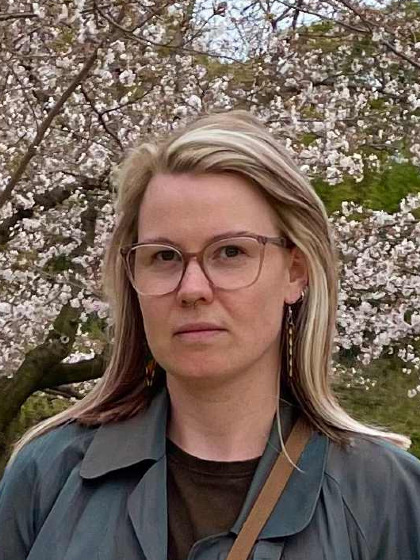
Contact
Functie
Promovendus
Lezen in de gevangenis, kwantitatief onderzoek naar leeservaring, Gevangeniswezen Zuid-Amerika, Spaanse en Latijns-Amerikaanse Literatuur, literaire representatie van marginale groepen, Vroegmoderne Stadsgeschiedenis (i.h.b. Madrid), Microgeschiedenis
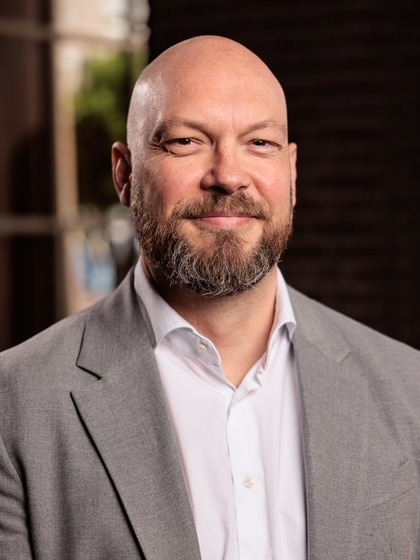
Contact
Functie
Vice-decaan Faculteit der Letteren / Universitair Hoofddocent Europese Cultuur en Literatuur
Technological Development (Robotization & AI), Worker Health and Well-being, Political Economy, Inequality, Migration
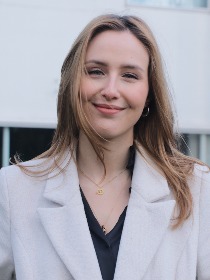
Contact
Functie
PhD candidate

Contact
Functie
PhD student
Research expertise in the areas of gender and feminisms, decolonization, and poverty, through the lens of tourism. Also interested in qualitative approaches to research, in particular arts-based and decolonizing methdologies.
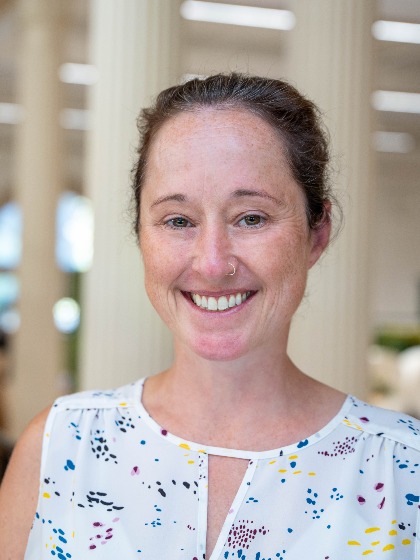
Contact
m.l.muldoon rug.nl
Functie
Alledaagse plaatsen en ervaringen van in- en uitsluiting; stedelijke studies; studies over handicaps. Gebruik van kwalitatieve methodologieën (bijv. interviews, meeloopinterviews en etnografische methoden) en participatieve methoden (bijv. participatief... lees meer

Contact
j.munuera.garcia rug.nl
Functie
Promovendus
Infrastructuurplanologie; cross-sectorale governance; institutionele theorie en analyse; transdisciplinair onderzoek; scenario's; serious game
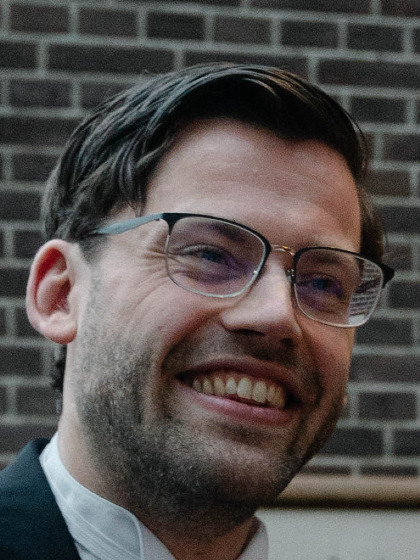
Contact
Functie
Postdoctoraal onderzoeker
Critical European Studies Politics of Built Environments Citizenship/Migration/Engaged Research and Pedagogy See "Projects" for research collaborations and PhD supervision
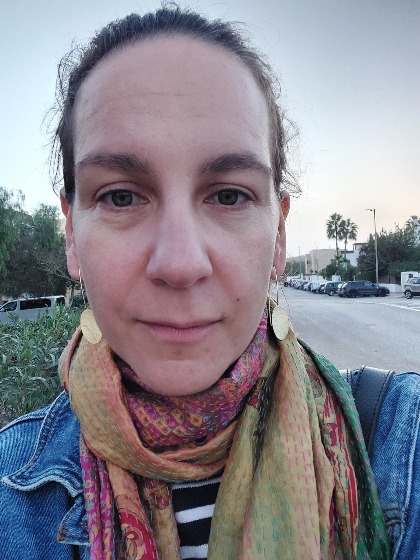
Contact
Functie
Associate Professor
Arbeids- en ontwikkelingseconomie; gelukseconomie en welvaart; migratie; ondernemerschap
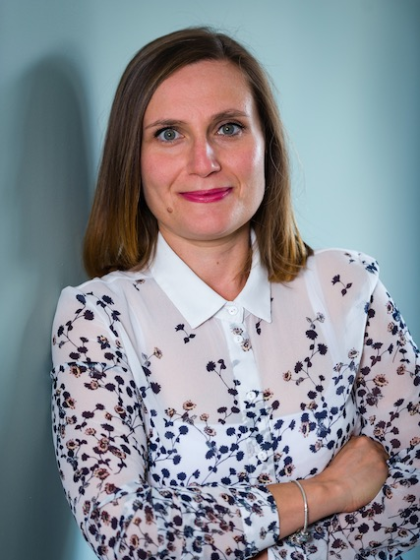
Contact
Functie
Hoogleraar "Economics of Well-being"
Belichaming, mobiliteit, technologie, digitale geografieën, methoden.
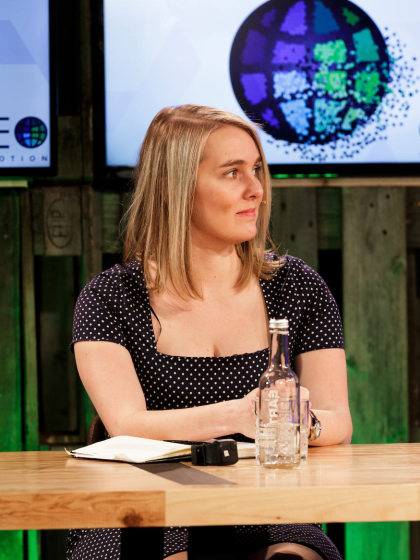
Contact
Functie
Onderzoeker & universitair docent
My research is part of the interdisciplinary EU project "CircEUlar" and revolves around understanding factors that influence whether people engage in circular consumption behaviors, such as refusing and rethinking consumption.
I am particularly... read more
I am particularly... read more

Contact
i.m.pacheco rug.nl
Functie
PhD Candidate
Rural-urban resettlement, aging in place, perspectives and practices of death and dying, social contact

Contact
Functie
PhD student
Qualitative research methodology; Local Economic Research Development; Dialogue in Management teams
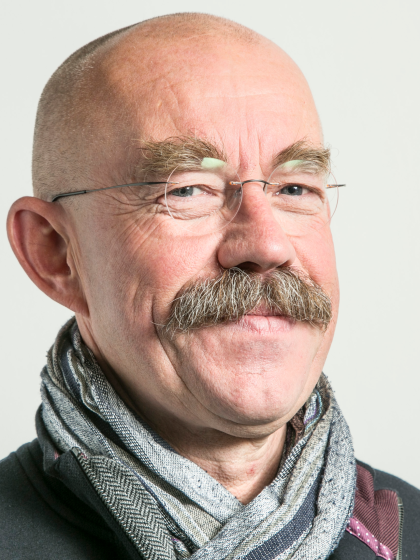
Contact
Functie
Universitair docent
Cultural Sociology
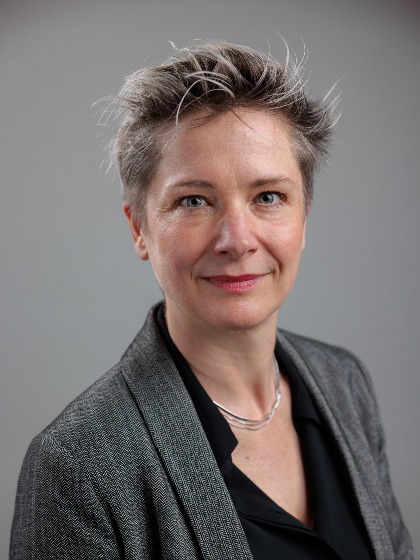
Contact
Functie
Universitair Docent Cultuursociologie
Neuroimaging Techniques, Statistics, Sociology, Psychology

Contact
Functie
PhD Student
Prajal Pradhan studied agricultural engineering and environmental management. He has received the ERC Starting Grant 2022. Prajal is a coordinating lead author of the AR7 IPCC WG III Report, and he was a lead author of the IPCC Special Report on Climate... read more
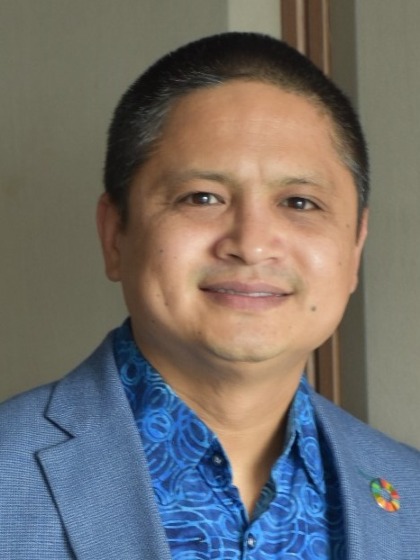
Contact
Functie
Universitair docent
Research expertise: Multi-scale social networks as drivers of climate change impacts & socio-environmental inequalities; stakeholder networks as supportive mechanisms for improving environmental governance outcomes (e.g. social learning,... lees meer

Contact
Functie
Associate Professor in Networks, Sustainability, and Human Dimensions of Environmental Change
Arctic bird ecology, human geography, science and technology studies, nature conservation policy, post-humanism

Contact
Functie
PhD student
Management Controls
Inter-organizational networks
Risk management
Healthcare & Public sector
Inter-organizational networks
Risk management
Healthcare & Public sector
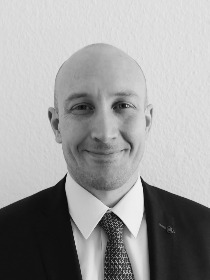
Contact
Functie
Assistant Professor of Accounting and Control
Dynamics of Pro-Environmental Behaviour, Agent-based Modelling
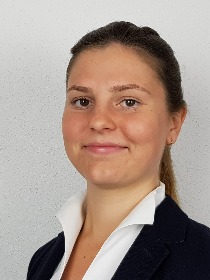
Contact
f.m.reintgen.kamphuisen rug.nl
Functie
Dr. Arianna Rotulo works as Assistant Professor at the University of Groningen – Campus Fryslan. She got her PhD in Primary Care and Public Health from Queen Mary University of London in May 2022 with a research project on the effects of fiscal... read more
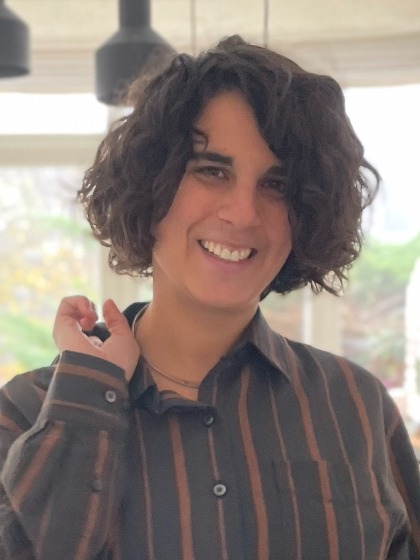
Contact
a.rotulo rug.nl
Functie
development of self and identity; development of mindsets; complex dynamic systems theory; process-relational meta-theory; parent-child interactions; classroom interactions. I am open to supervising PhD and postdoc projects that align with these areas.
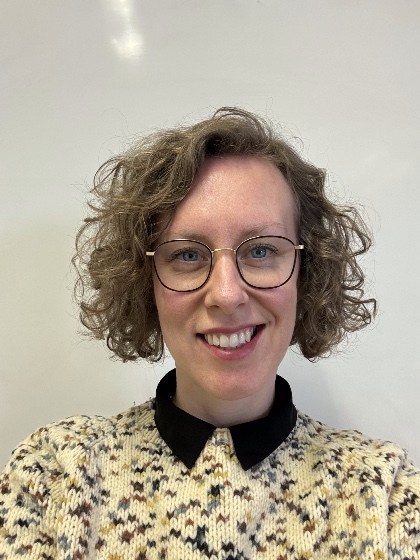
Contact
Functie
Assistant Professor
Science and Technology Studies, Media studies, User research, Co-creatie/co-design praktijken, Living lab methodes, Digital Humanities, Serendipititeit, Informatiewetenschap
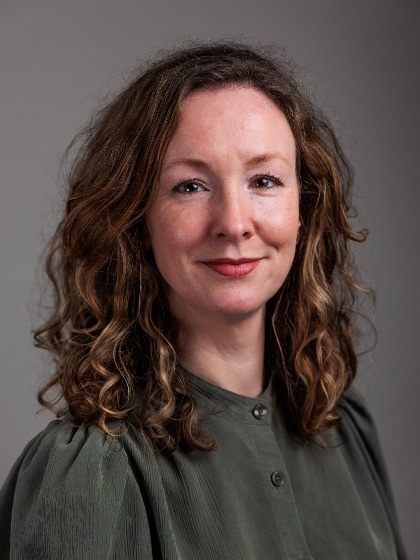
Contact
Functie
Assistant professor Media Studies
Policy implementation, Intersectoriality, Public health, Prison system, street-level bureaucracy
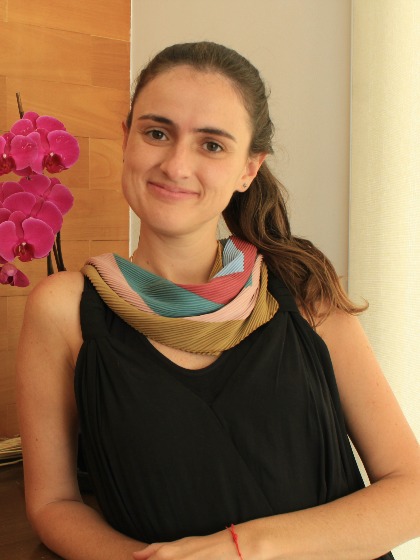
Contact
m.scaff.haddad.bartos rug.nl
Functie
PhD student
Arctic social Science, Stake- and rightsholder involvement, transdisciplinary research, co-production of knowledge, polar tourism
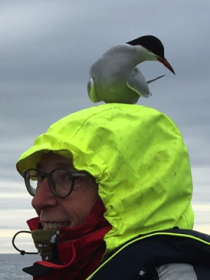
Contact
Functie
Coördinator externe samenwerking / onderzoeker
wetenschapsfilosofie en -theorie, wetenschapscommunicatie, theorie van de psychologie en cognitieve neurowetenschappen, filosofie van de psychiatrie, ethiek van de neurowetenschappen, interdisciplinair onderzoek en onderwijs, onderwijs voor verschillende... lees meer
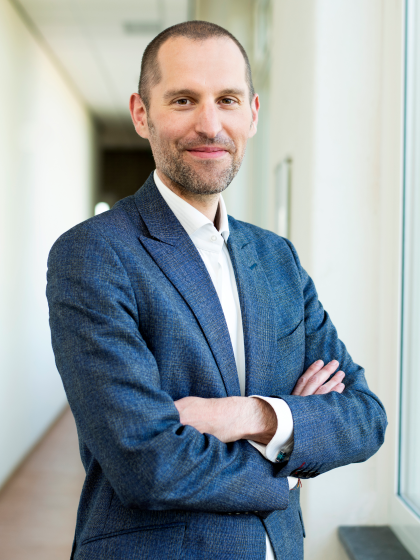
Contact
Functie
Universitair Hoofddocent
Bankbedrijf, Financiering, Belegging, Economie;
Maatschappelijk verantwoord ondernemen, Energiefinanciering, Duurzaam beleggen, Financiële instellingen (banken, pensioenfondsen, verzekeraars, beleggingsinstellingen, etc.), Internationale financiering,... lees meer
Maatschappelijk verantwoord ondernemen, Energiefinanciering, Duurzaam beleggen, Financiële instellingen (banken, pensioenfondsen, verzekeraars, beleggingsinstellingen, etc.), Internationale financiering,... lees meer
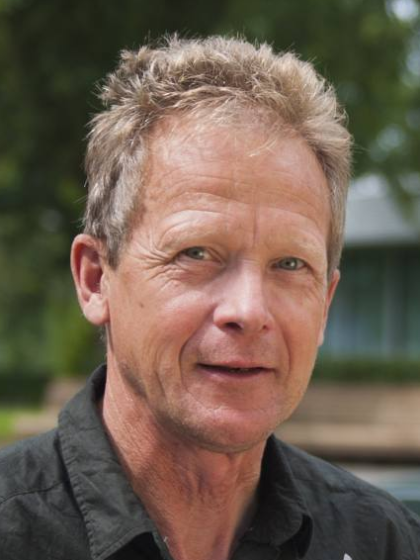
Contact
Functie
Hoogleraar
Inhoud: Gespecialiseerd in klimaatangst, klimaatgevaren, MHPSS in noodsituaties, kinderbescherming, crisismanagement, openbare veiligheid en organisatiepsychologie in eerste-responssituaties. Kwalitatief: Bedreven in thematische analyse met diverse... lees meer
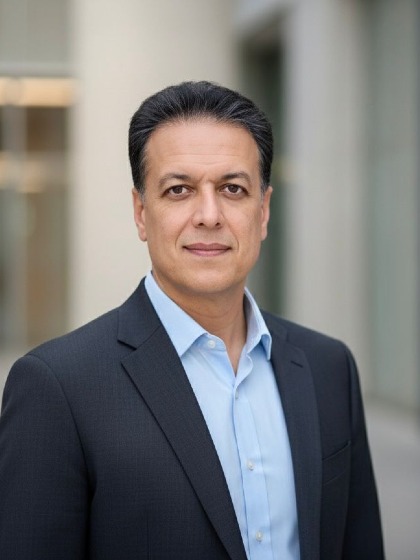
Contact
Functie
Postdoctoraal Onderzoeker
Critical Discourse Studies, Discourse Analysis, Linguistics, Social Semiotics, Multimodality, Argumentation Studies
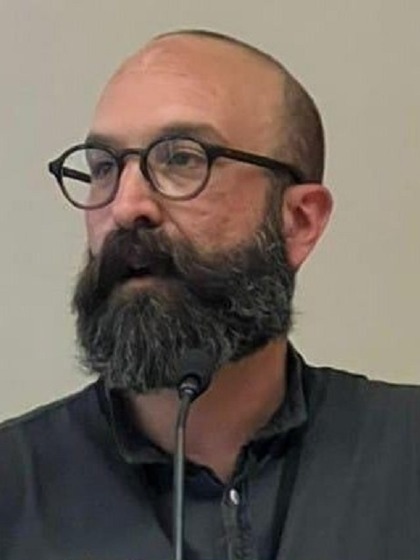
Contact
d.serafis rug.nl
Functie
Assistant Professor
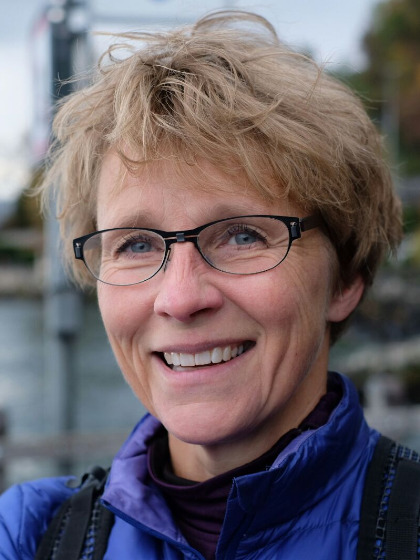
Contact
m.j.slagter rug.nl
Functie
Promovendus/post-doc onderzoeker
Memory Studies
Platform Studies
Critical AI Studies
Media Theory
Platform Studies
Critical AI Studies
Media Theory
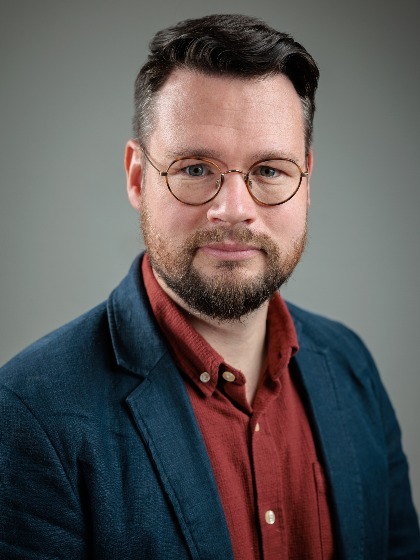
Contact
Functie
Universitair Docent Media Studies
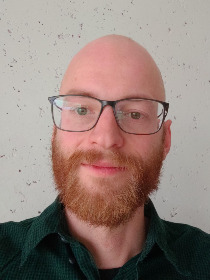
Contact
b.sporrel rug.nl
Functie
PhD
Effectbeoordeling
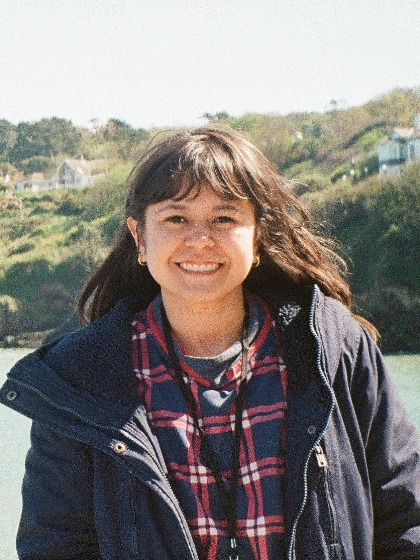
Contact
n.takahashi.margarido rug.nl
Functie
PhD student
Agent-gebaseerd model, Complex systeem, Netwerk analyse

Religion, Conflict, Peacebuilding and Reconciliation; Climate Change, Conflict, Peace and Security; Religion and Politics; Religion and Human Security; Community Development; Civil Society and Social Movements;
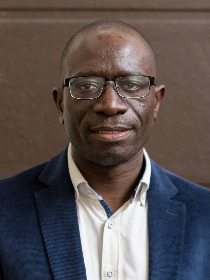
Contact
Functie
Associate Professor
Jeugdstudies; jeugdvraagstukken in opvoeding, onderwijs en ontwikkeling; jeugdparticipatie; onderwijsinnovatie; learning communities; active learning; gender; diversiteit
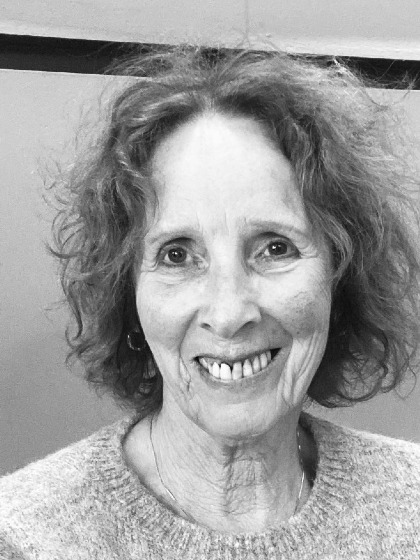
Contact
Functie
hoogleraar jeugdvraagstukken in opvoeding en onderwijs (em)
Pablo Tittonell is Professor of Agroecology and Sustainable Landscapes at the University of Groningen, and Senior associate researcher at the French International Cooperation Centre for Agricultural Research and Development (CIRAD). He holds a WWF-endowed... read more
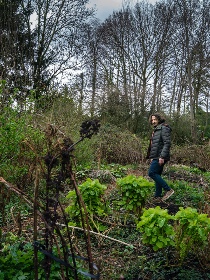
Contact
p.a.tittonell rug.nl
Functie

Contact
h.tjeerdema rug.nl
Functie
Docent
Segregatie, Ongelijkheid, Sociale scheidslijnen, Sociale netwerken
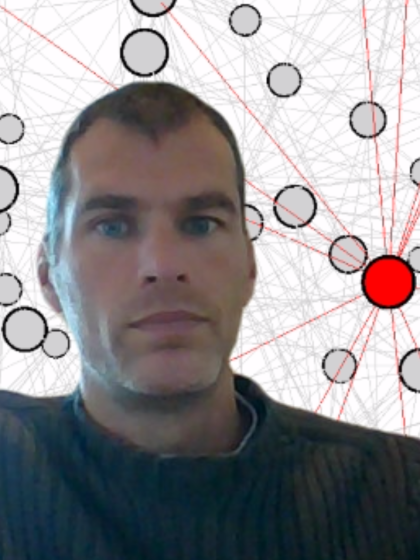
Contact
Functie
Professor
Paul Upham is an interdisciplinary environmental social scientist specializing in the social processes involved in energy transitions, at individual, organisation and system levels. He is particularly interested in connecting these levels to provide an... lees meer
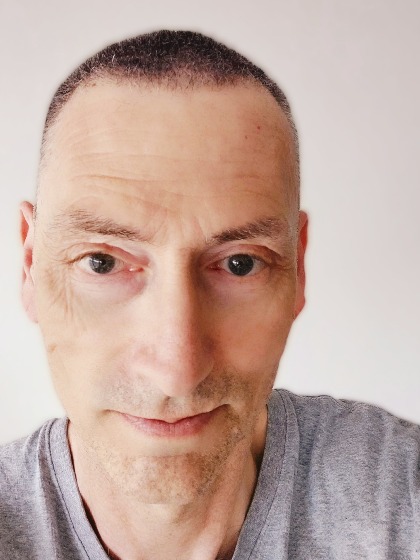
Contact
Functie
Prof Frank Vanclay has a personal chair as a professor of social impact assessment and management. He is included in the 2023 Stanford University listing of the world’s top 2% of scientists and is a leading authority in the field of social practice/social... lees meer
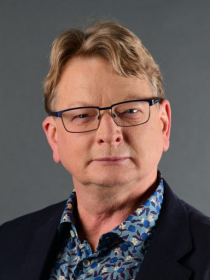
Contact
frank.vanclay rug.nl
Functie
Hoogleraar Culturele Geograpfie
Acceptability of new mobility innovations | Sustainable mobility | Traffic safety
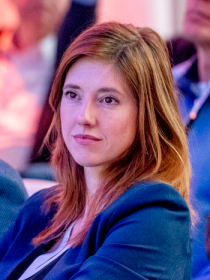
Contact
Functie
Universitair docent
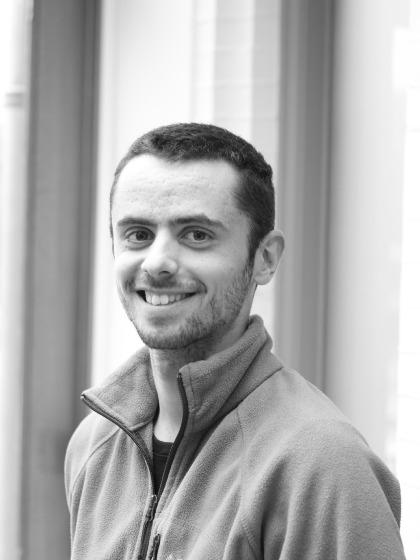
Contact
Functie
PhD kandidaat
Recht van de Europese Unie, cultuur, gereguleerde markten, audiovisuele sector, staatssteun, sport
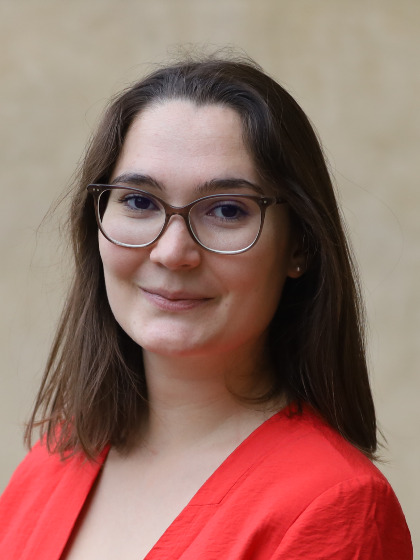
Contact
a.a.villanueva rug.nl
Functie
Universitair Docent
- Gezinnen met meervoudige en complexe problemen (GMCP)
- Intensief ambulante interventies
- Werkzame elementen van hulp aan GMCP
- Effectiviteitsonderzoek
- Taxonomie van interventies voor gezinnen met zware opvoedproblemen en multiproblematiek
- Intensief ambulante interventies
- Werkzame elementen van hulp aan GMCP
- Effectiviteitsonderzoek
- Taxonomie van interventies voor gezinnen met zware opvoedproblemen en multiproblematiek

Contact
Functie
Universitair Docent
Global Politics of Disease and Health; International Political Sociology; Critical Humanitarian Studies; Quantum Social Science; Critical Security Studies;
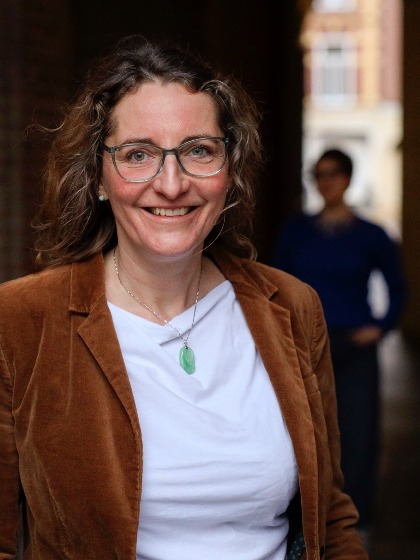
Contact
Functie
.
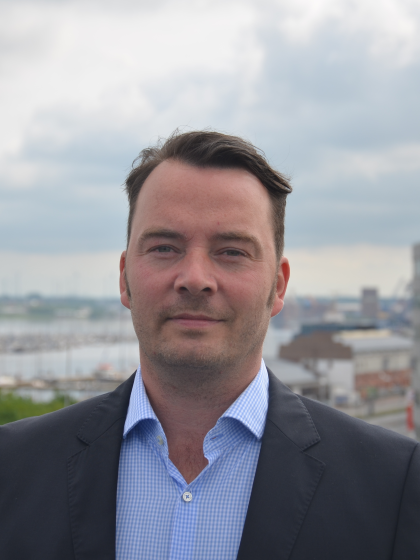
Contact
Functie
* Samenwerking binnen en tussen teams, werkgroepen en organisaties.
* Veerkracht en resilience van organisaties, disruptie- en disastermanagement;
* Management van vitale infrastructuurorganisaties;
* Team management, interventies en ontwerp/compositie;
*... lees meer
* Veerkracht en resilience van organisaties, disruptie- en disastermanagement;
* Management van vitale infrastructuurorganisaties;
* Team management, interventies en ontwerp/compositie;
*... lees meer
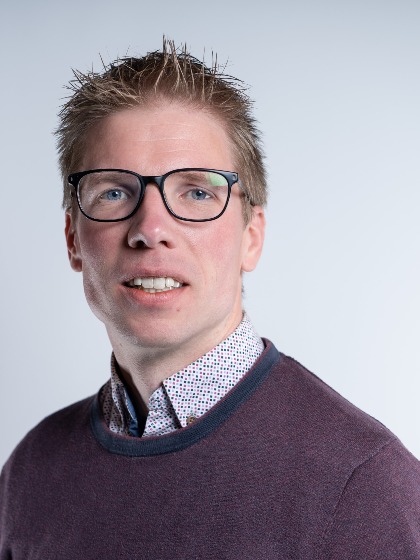
Contact
Functie
Universitair hoofddocent
Social complexity, agent-based simulation, opinion dynamics, computational modelling
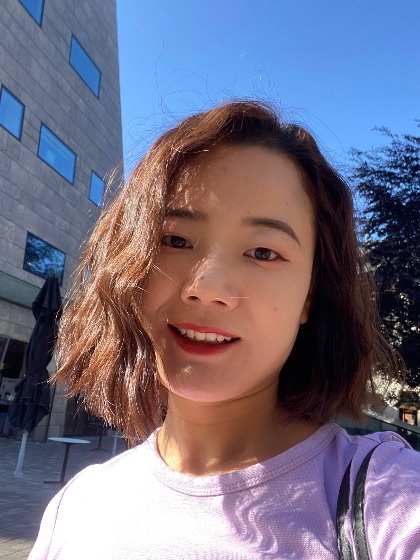
Contact
shaoni.wang rug.nl
Functie
Blending insights from sustainability science, systems analysis, and economics, Anne unveils research that drives progress towards a more sustainable future. She focuses on leveraging quantitative methods grounded in systems thinking to advance the... lees meer
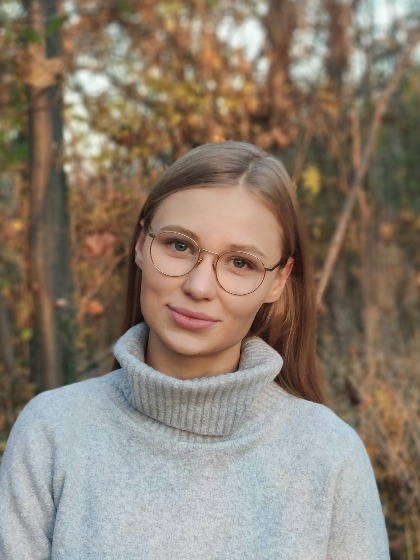
Contact
a.warchold rug.nl
Functie
Postdoc
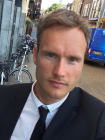
Contact
Functie
Universitair Hoofddocent
I make sure that people are able to get their jobs done. This is done through training, experiential learning, and counceling in order to: devise clear goals, design and monitoring processes, map out the necessary and available resources, foster openness... read more
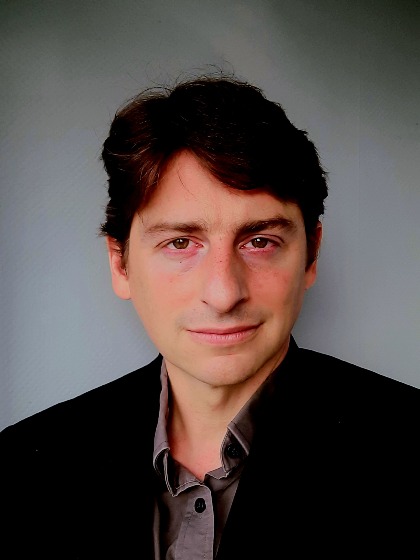
Contact
Functie
Assistant Professor of Entrepreneurship
Op 19 november 2025 verdedig ik mijn proefschrift met de titel: “Mental health through the life course: Understanding the interrelations between individual and psychosocial factors, and social participation.”
Sinds september 2025 werk ik als postdoc... lees meer
Sinds september 2025 werk ik als postdoc... lees meer
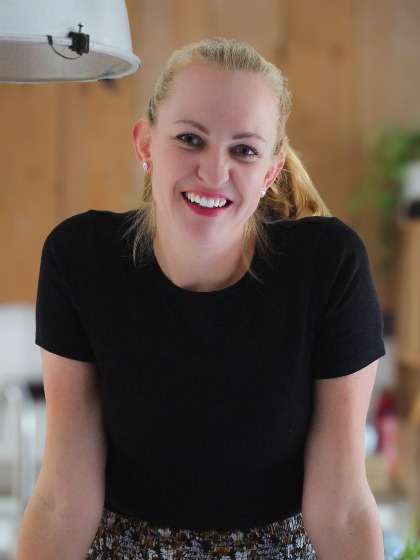
Contact
l.wijbenga rug.nl
Functie
Postdoctoraal onderzoeker
Europese politiek, Europese Unie, Politieke communicatie, Politieke sociologie, Politieke theorie, Vergelijkende politiek
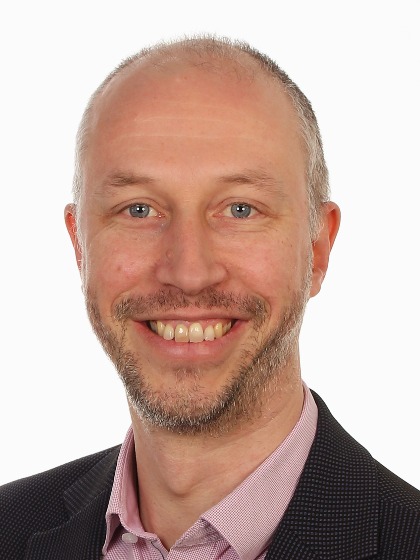
Contact
Functie
Hoogleraar Europese Politiek & Maatschappij
Natuurbescherming, energietransitie, energiecooperaties, wetenschapsdynamica
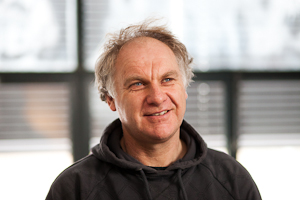
Contact
Functie
Universitair Hoofddocent
Bestuurskunde, (wets)evaluatieonderzoek,
toezicht en rechtshandhaving,
algemeen bestuursrecht, bestuursprocesrecht, vreemdelingenrecht, asylum law.
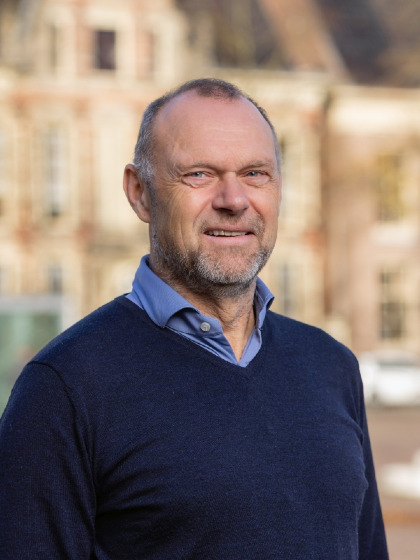
Contact
Functie
Hoogleraar Bestuurskunde
Political economy of institutions and identities; cultural differences; economic preferences.
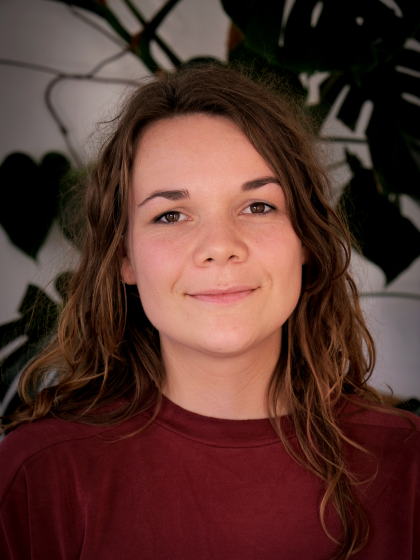
Contact
Functie
Universitair docent
I am a scholar from Indonesia with a focus on critical tourism studies, environmental and climate justice, and decolonization.
I explore how colonial legacies shape dominant narratives of exploration, stewardship, and access, and consider whose knowledge... read more
I explore how colonial legacies shape dominant narratives of exploration, stewardship, and access, and consider whose knowledge... read more
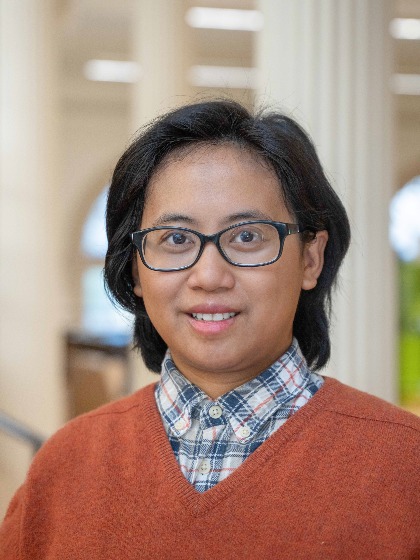
Contact
f.wuri.nugrahani rug.nl
Functie
PhD Researcher
Wetenschaps- en technologiestudies, organisatiestudies
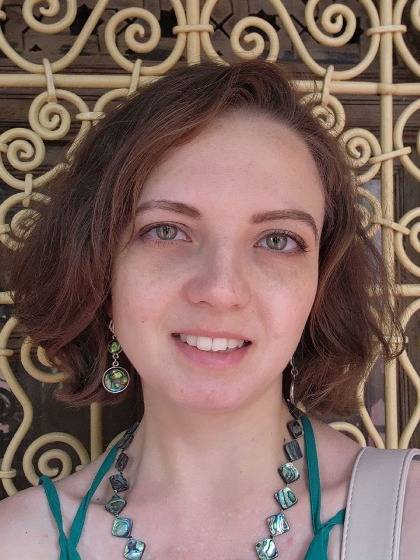
Contact
Functie
Promovendus
public policy and governance, with a particular focus on wellbeing, health and poverty
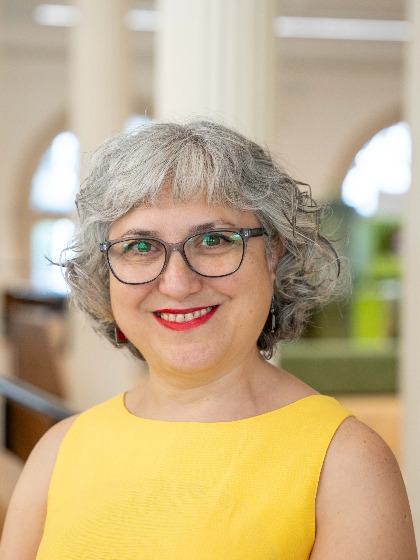
Contact
s.yousefzadeh rug.nl
Functie
Associate Professor, Intersectional Wellbeing and Decoloniality
humanitarianism, civil society, North Korea
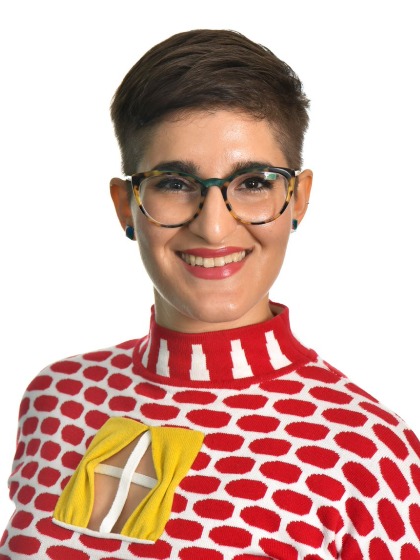
Contact
Functie
Assistant Professor
Social Network Analysis
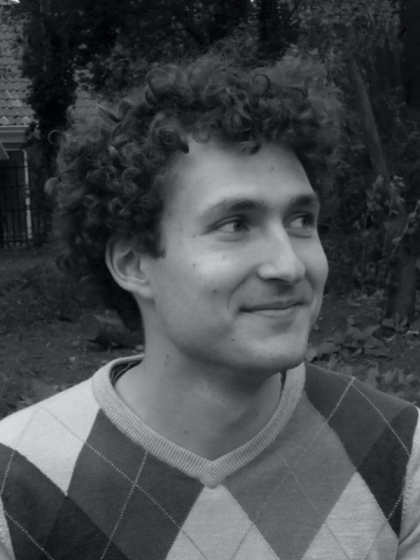
Contact
s.zaretckii rug.nl
Functie
Promovendus
African studies; colonial and post-colonial history; history of health and medicine with a focus on maternal and child health care
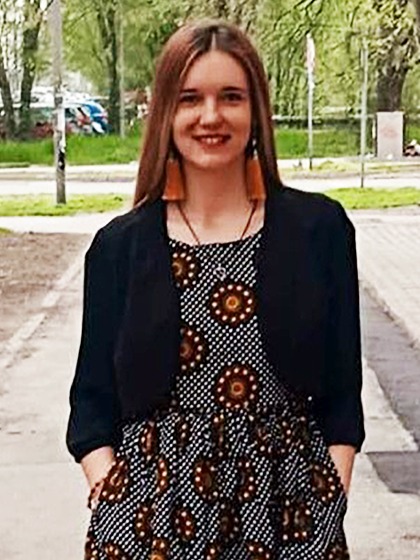
Contact
i.zecevic rug.nl
Functie
I have focused on some specific areas related to Environmental Economics and Food System Sustainability. Currently, my primary interests concern investigating how food consumption patterns result in specific interconnected environmental and health impacts... read more
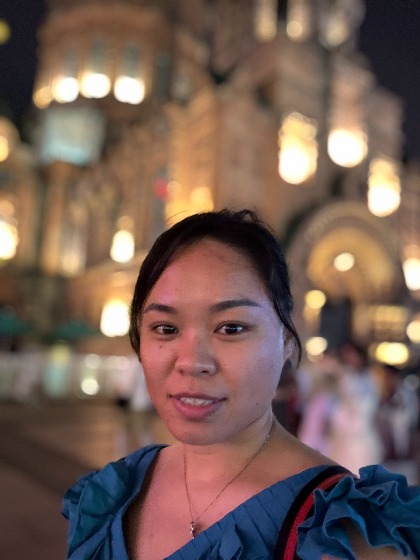
Contact
jingyu.zhang rug.nl
Functie
PhD student
Social and political implications of new media technologies, political participation, affective polarization, ideological extremism, cross-country comparative research, mixed-methods

Contact
Functie
Assistant Professor
View this page in: English
